Introduction to Chess
Chess is a strategic board game played between two players that combines elements of art, science, and sport. Known for its complex strategies and deep tactics, chess has enchanted millions worldwide. This beginner's guide will explore the fundamentals of chess, including the board setup, movement of pieces, and basic strategies to start your chess journey.
Understanding the Chess Board and Setup
The chess board consists of 64 squares arranged in an 8x8 grid. The squares alternate in color between light and dark (commonly white and black). Each player starts with 16 pieces: one king, one queen, two rooks, two knights, two bishops, and eight pawns.
Board Orientation
When setting up the board, a white square should be at the nearest right-hand corner of each player. This correct positioning is crucial for accurate gameplay.
Placement of Pieces
Each row and column are labeled to facilitate easy movement notation, with rows (ranks) numbered 1 to 8 and columns (files) labeled a to h. Starting from the rank closest to you, place your pieces as follows:
- Rook on a1 and h1
- Knight on b1 and g1
- Bishop on c1 and f1
- Queen on d1 (or e1 depending on the color – queen goes on her own color)
- King on e1 (or d1 depending on the color)
- Pawns across from a2 to h2
How Each Chess Piece Moves
The Pawns
Pawns move one square forward but can move two squares forward from their initial position on their first move. They capture other pieces diagonally and can partake in a special move called en passant under certain conditions.
The Rooks
Rooks can move any number of squares along a column or row but cannot jump over other pieces.
The Knights
Knights move in an L shape: two squares in one direction either horizontally or vertically then one square perpendicular. Knights are the only pieces that can jump over other pieces.
The Bishops
Bishops move diagonally any number of squares, but are limited to the color of the square they start on.
The Queen
The queen combines the power of the rook and bishop, moving any number of squares along a rank, file, or diagonal.
The King
The king moves one square in any direction and is involved in a special move called castling, where the king and a rook are allowed to move simultaneously under specific conditions.
Basic Chess Strategies and Objectives
The ultimate goal in chess is checkmate, a situation where the opponent’s king is placed under immediate threat of capture (check) and there is no way to remove the threat. Learning some basic strategies can help beginners work towards this goal.
Control the Center
Controlling the center of the board (e1, d1, e4, d4 squares) allows more mobility for your pieces and can restrict your opponent’s options.
Develop Your Pieces
Try to move out your knights and bishops early to control the center and prepare for castling. Avoid moving the same piece multiple times in the opening unless necessary.
Safeguard Your King
Castling early in the game can protect your king and also bring one of your rooks into play.
Plan Ahead
Chess requires looking ahead and planning your moves based on what you think your opponent might do. Try to anticipate their moves and think about your responses ahead of time.
Conclusion
Chess is an engaging game that requires patience, strategic thinking, and practice. As a beginner, focus on understanding the movements, developing your pieces, and protecting your king. Over time, you will learn more complex strategies and begin to see your skills improve. Remember, every chess master was once a beginner, and the journey of chess mastery is as rewarding as the game itself.
Explore our large collection of luxurious chess sets!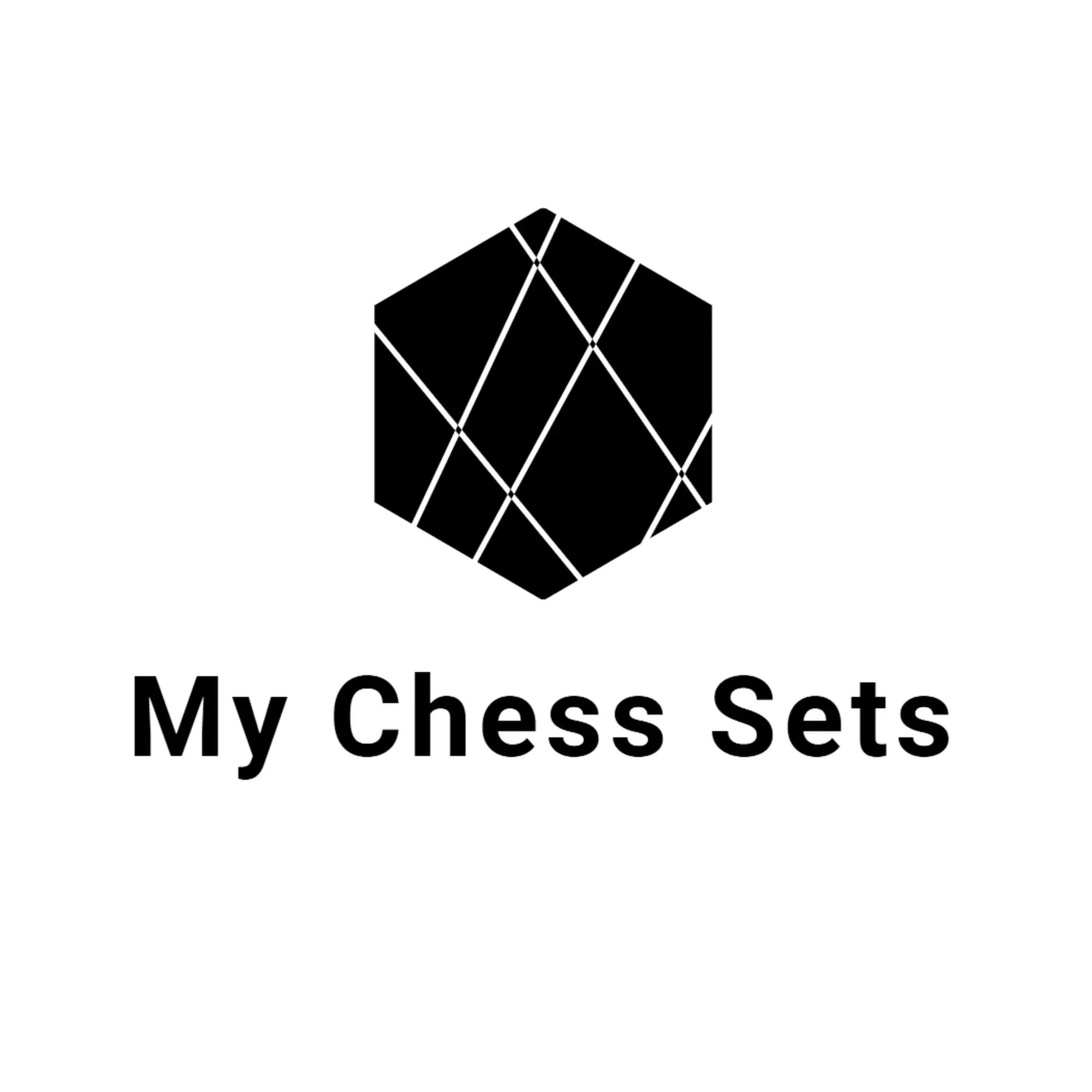
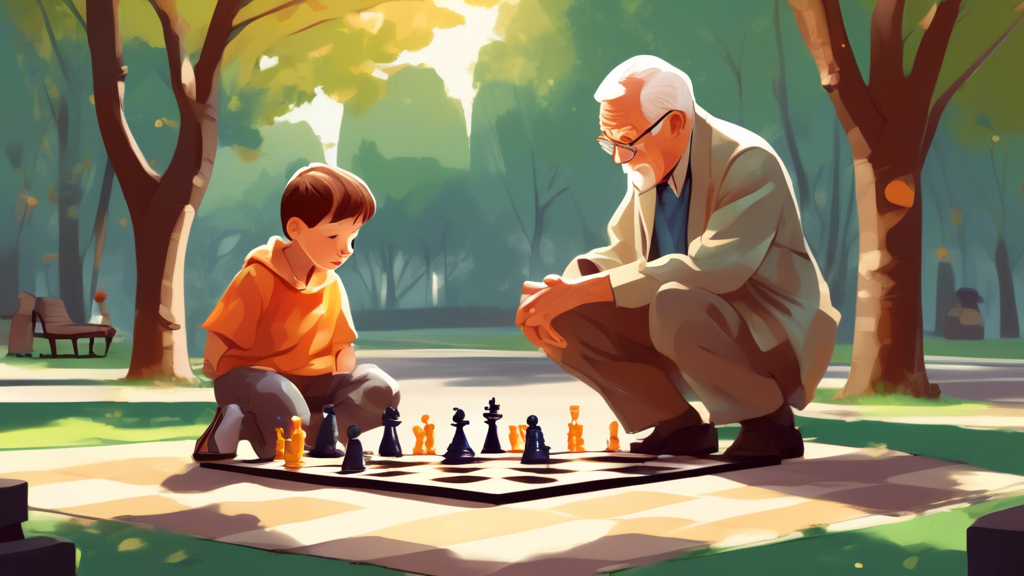
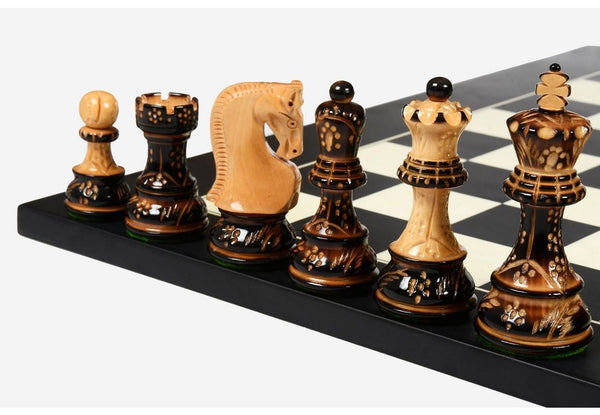
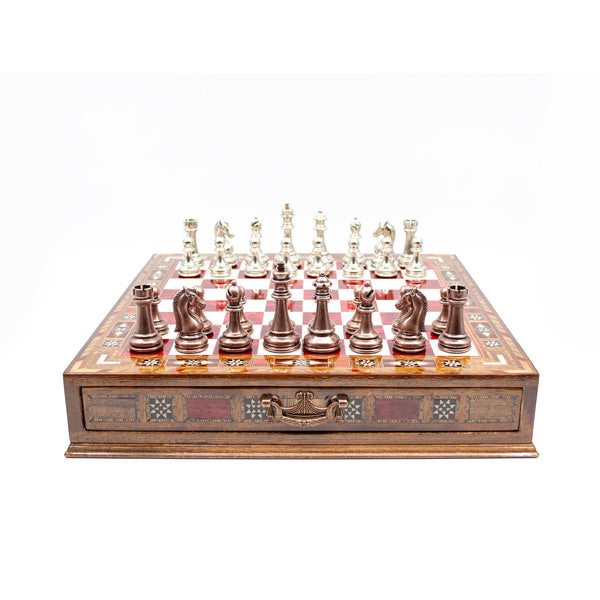
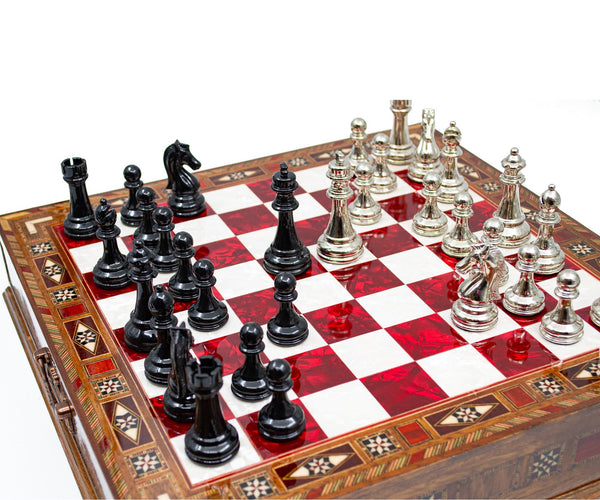
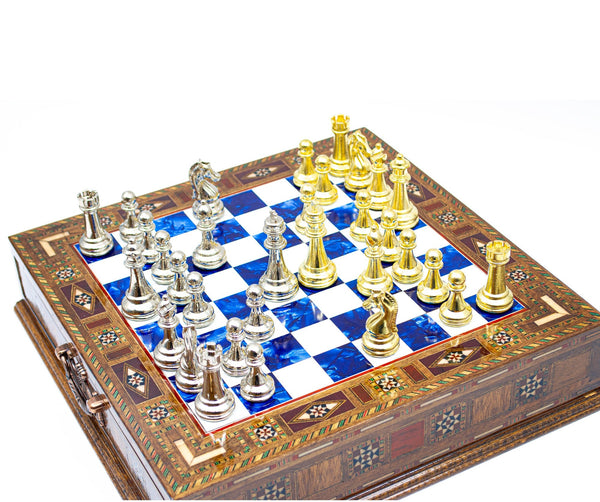
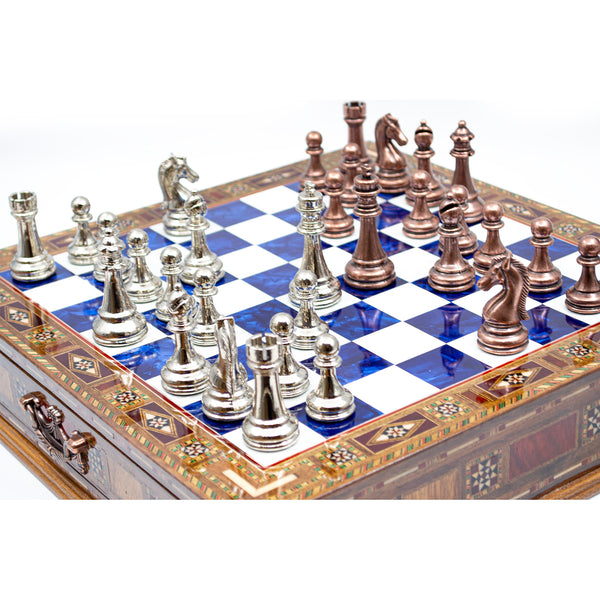
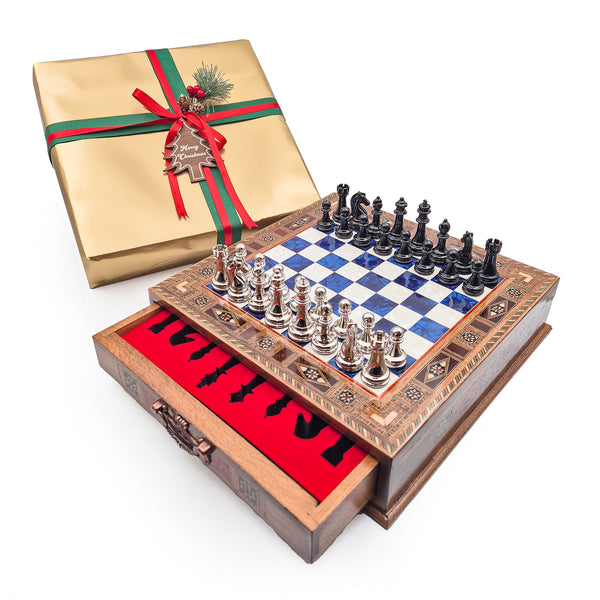
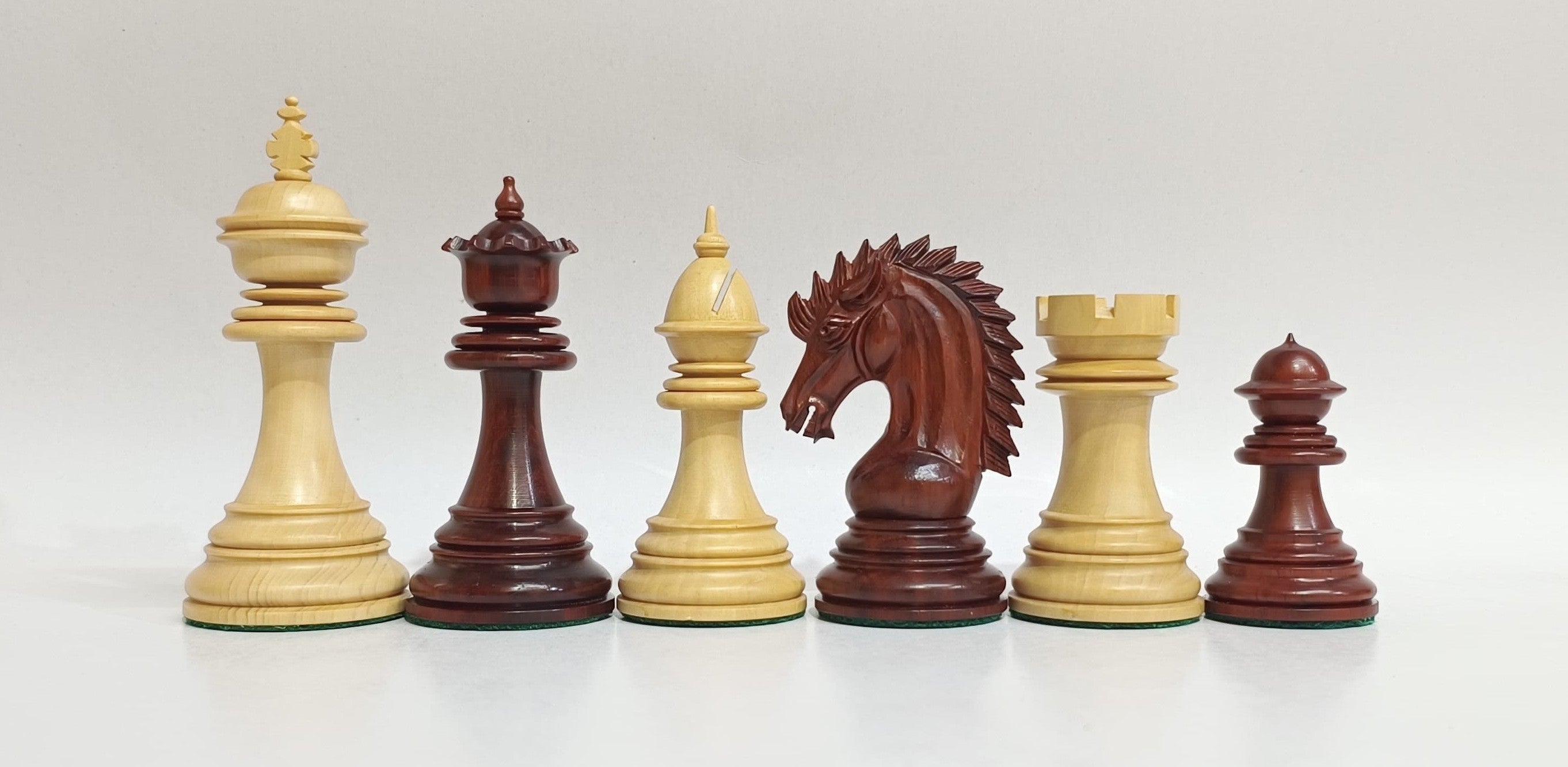
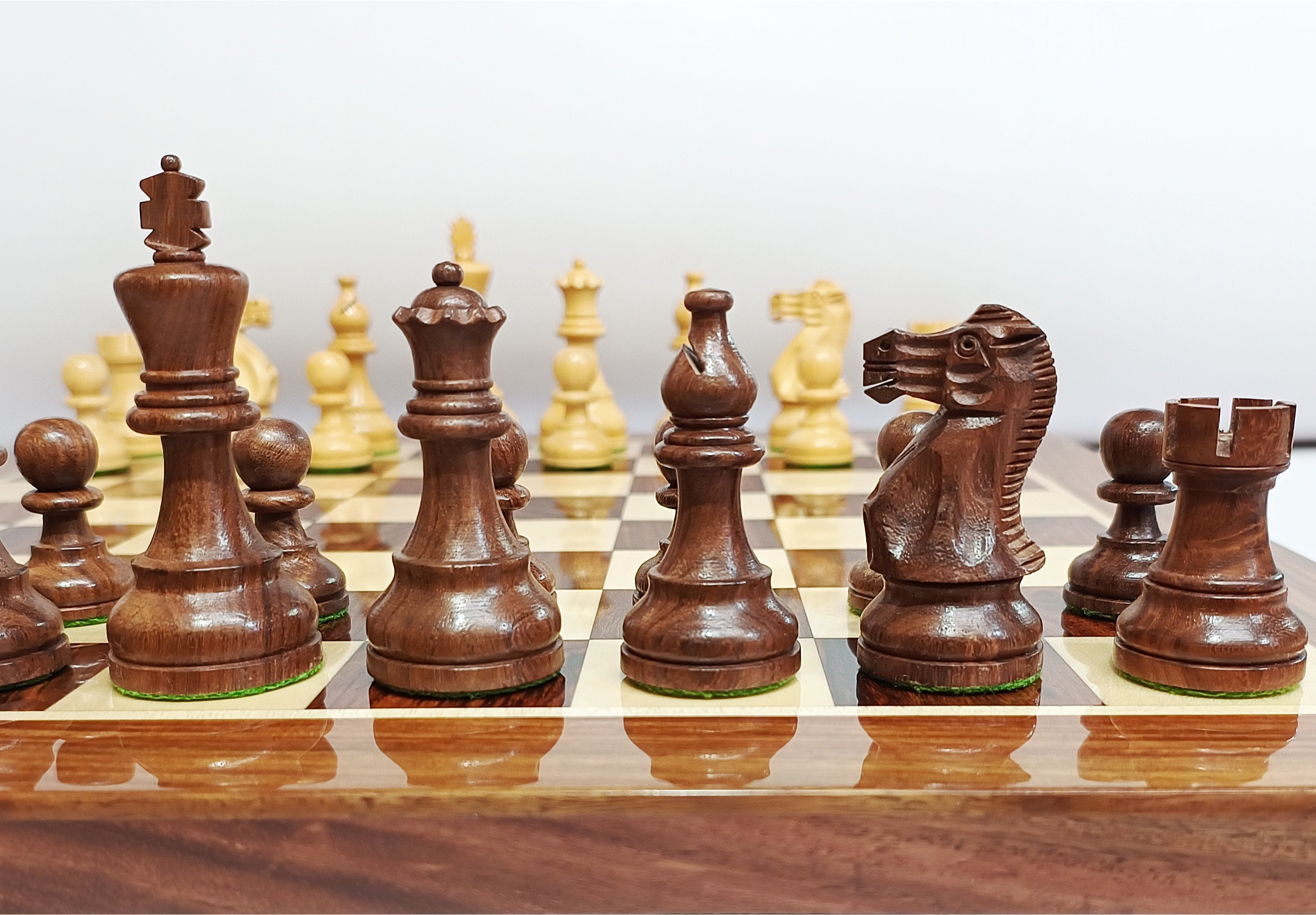
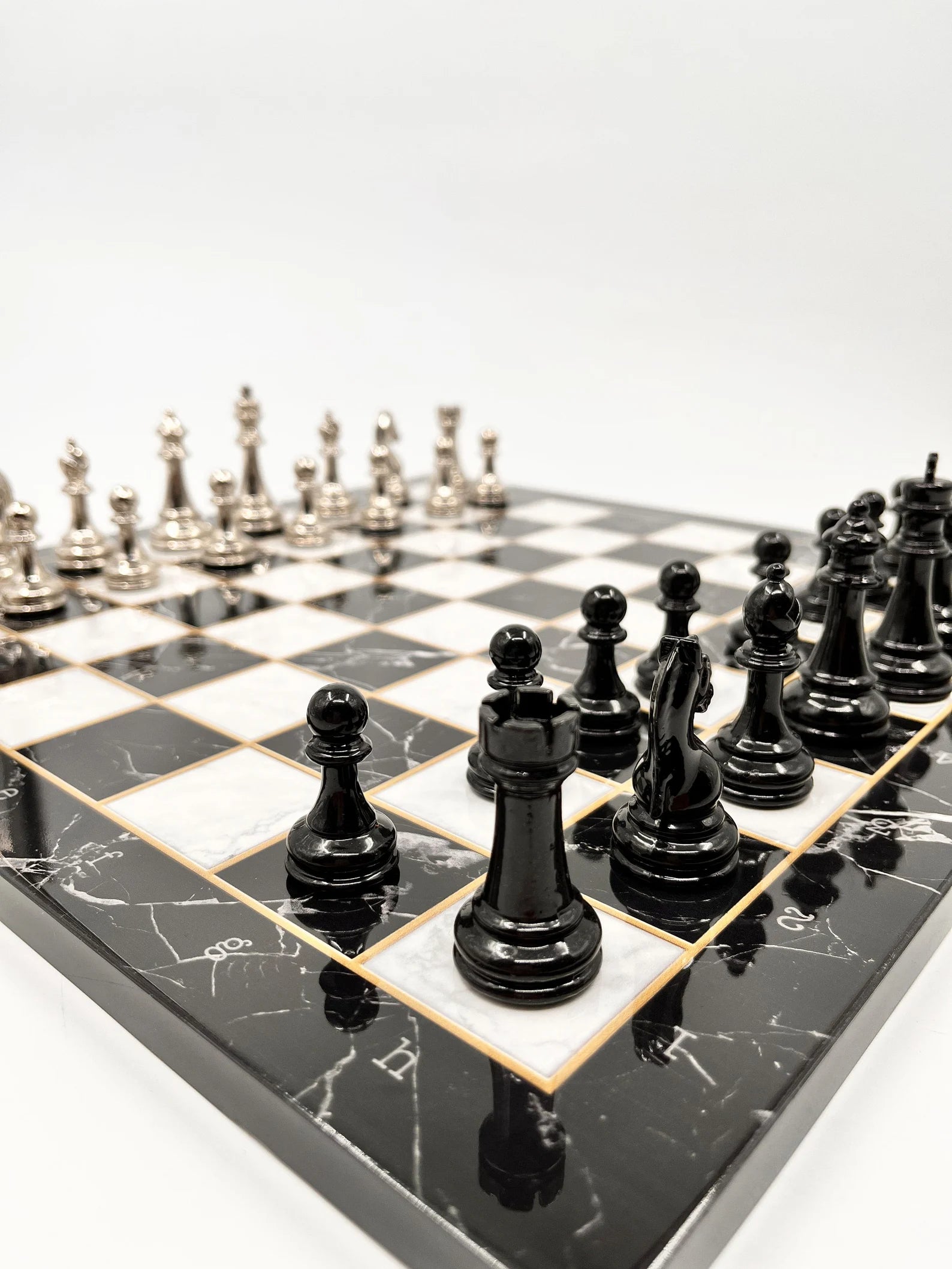
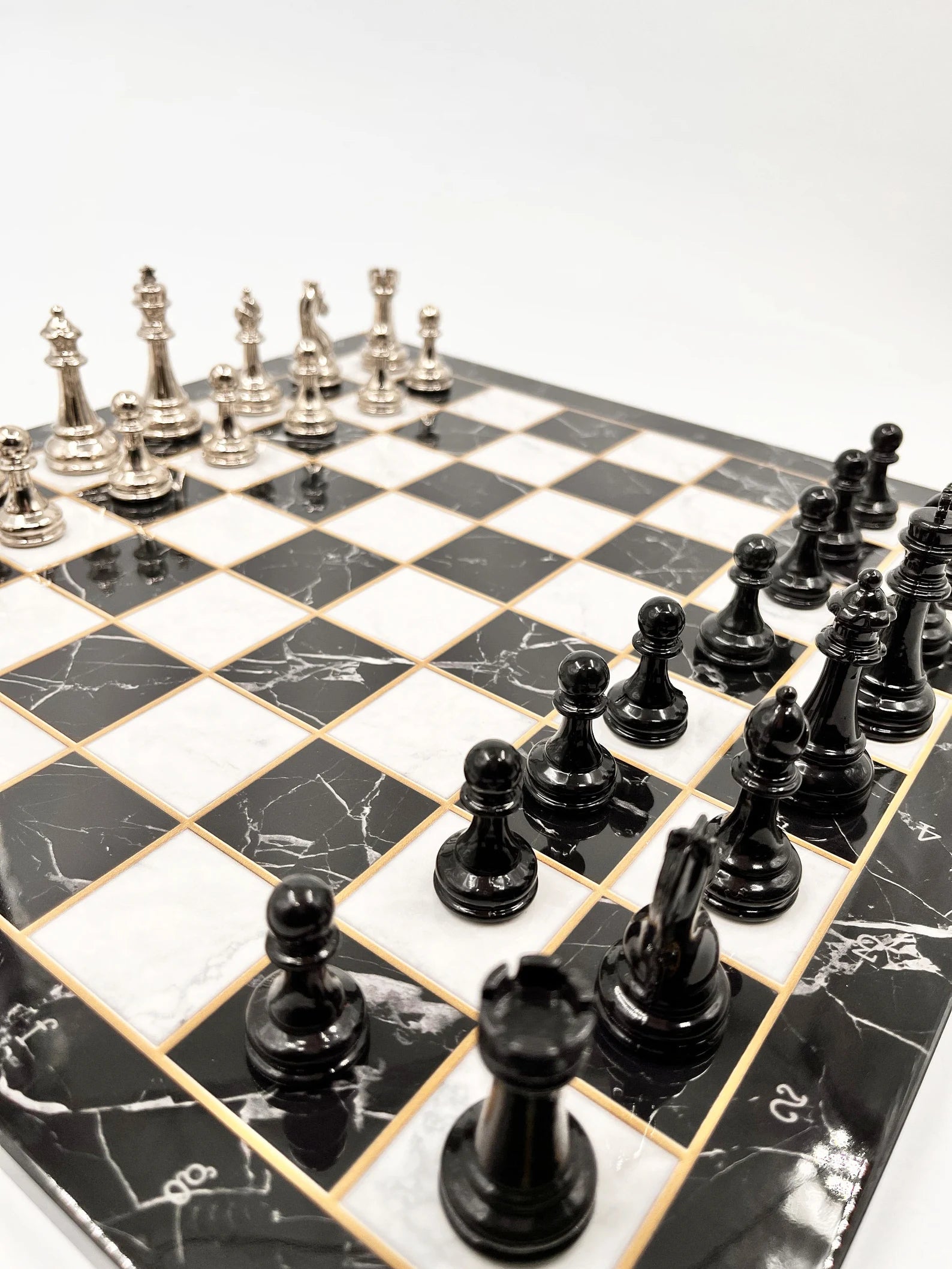
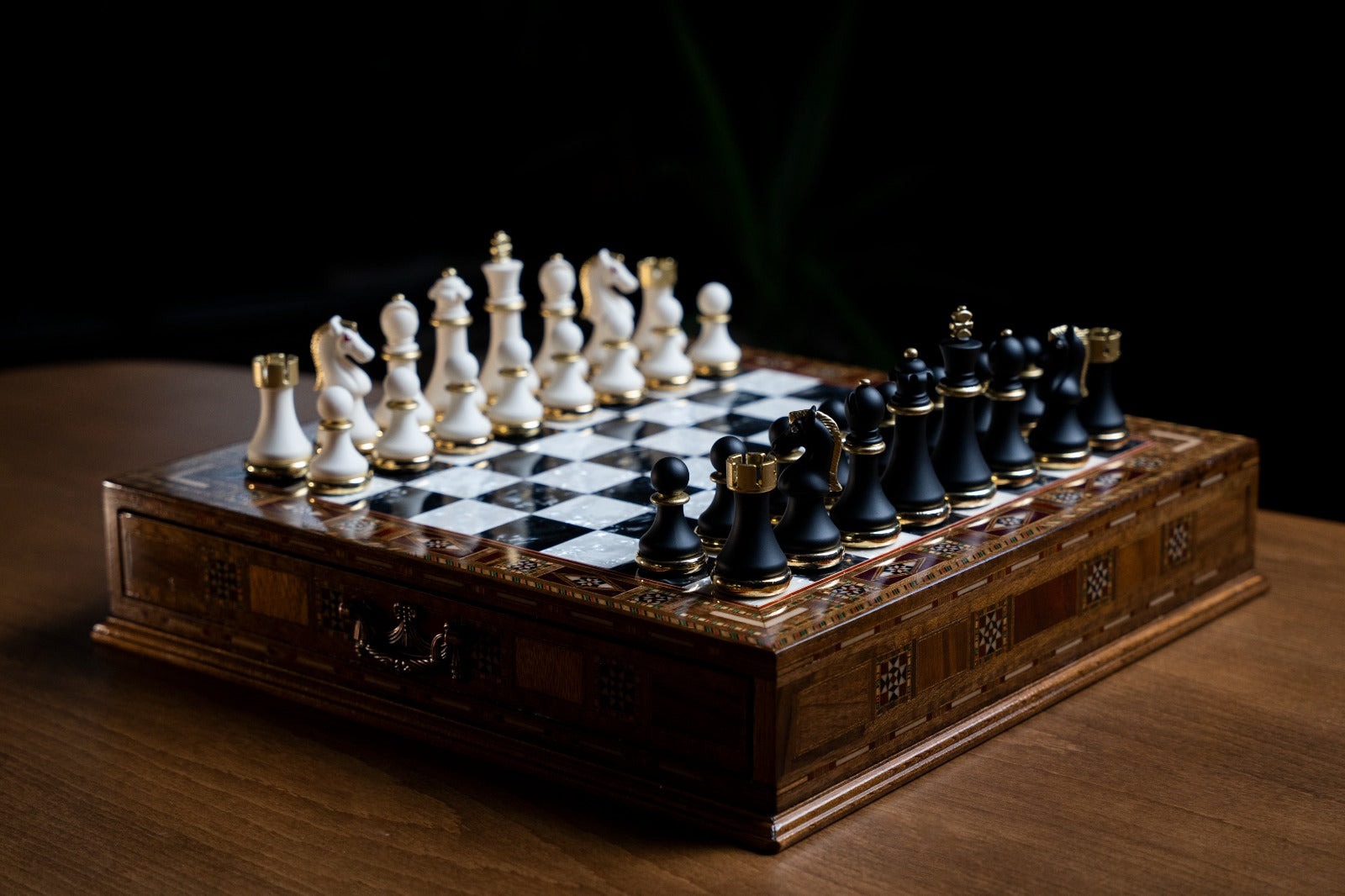
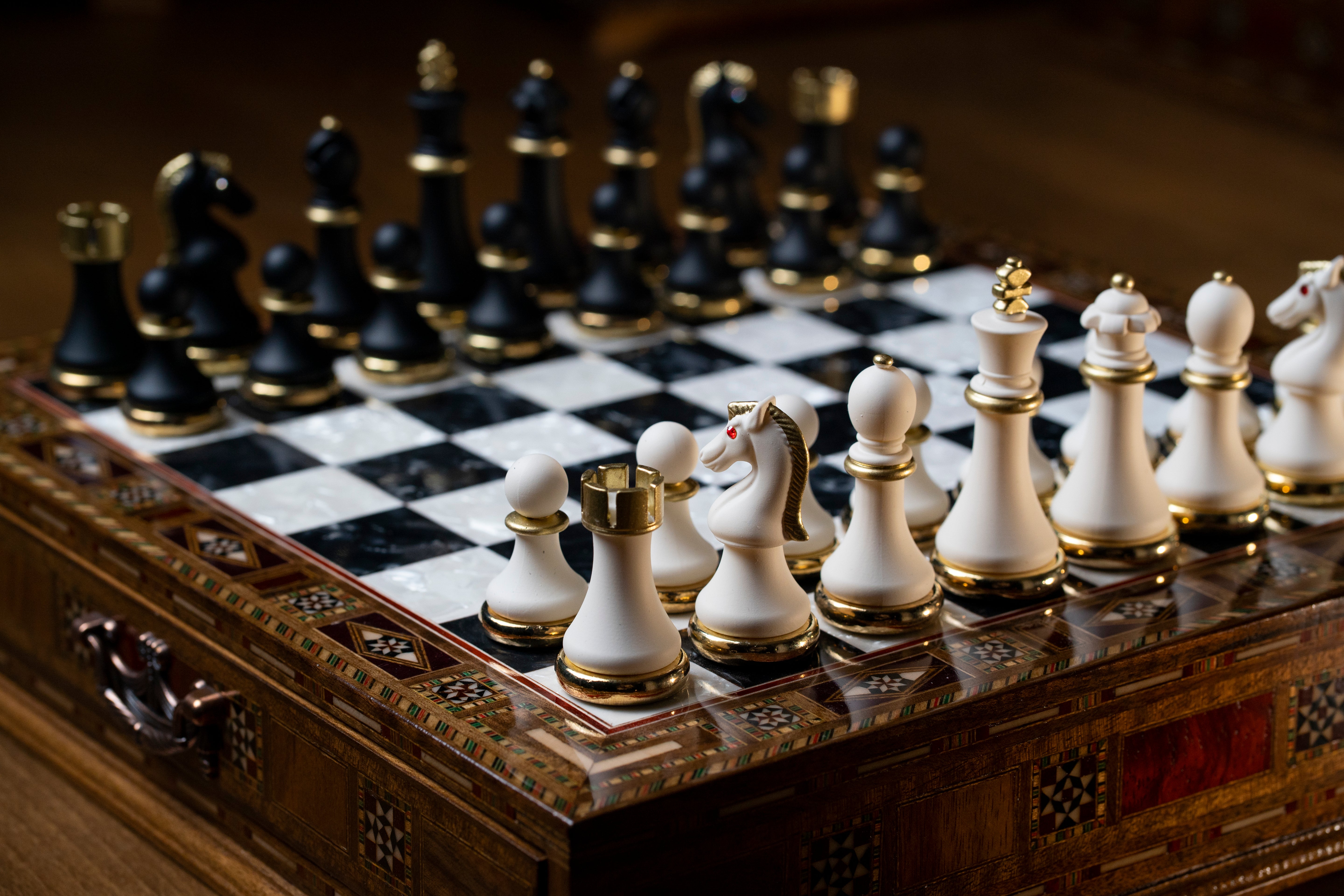
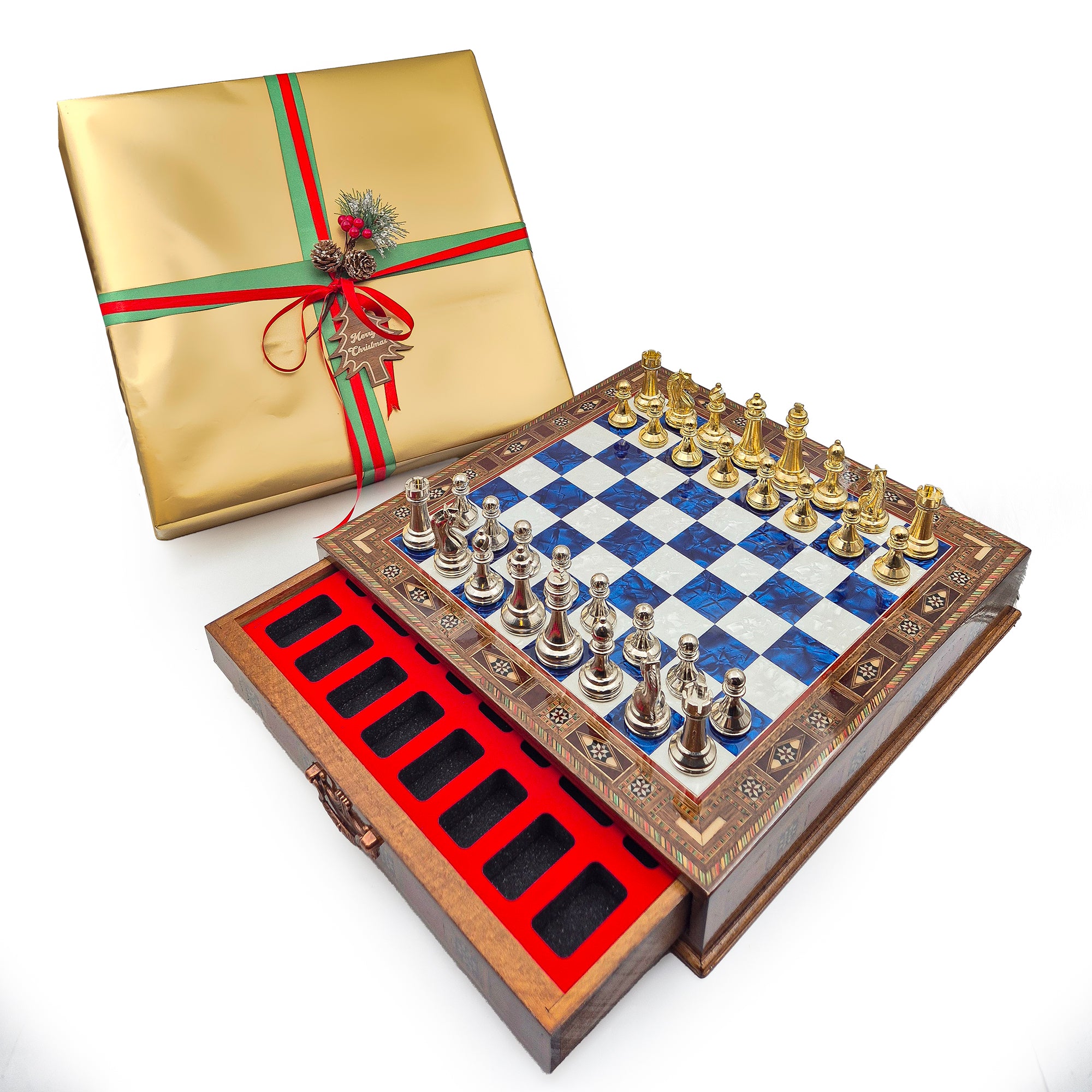
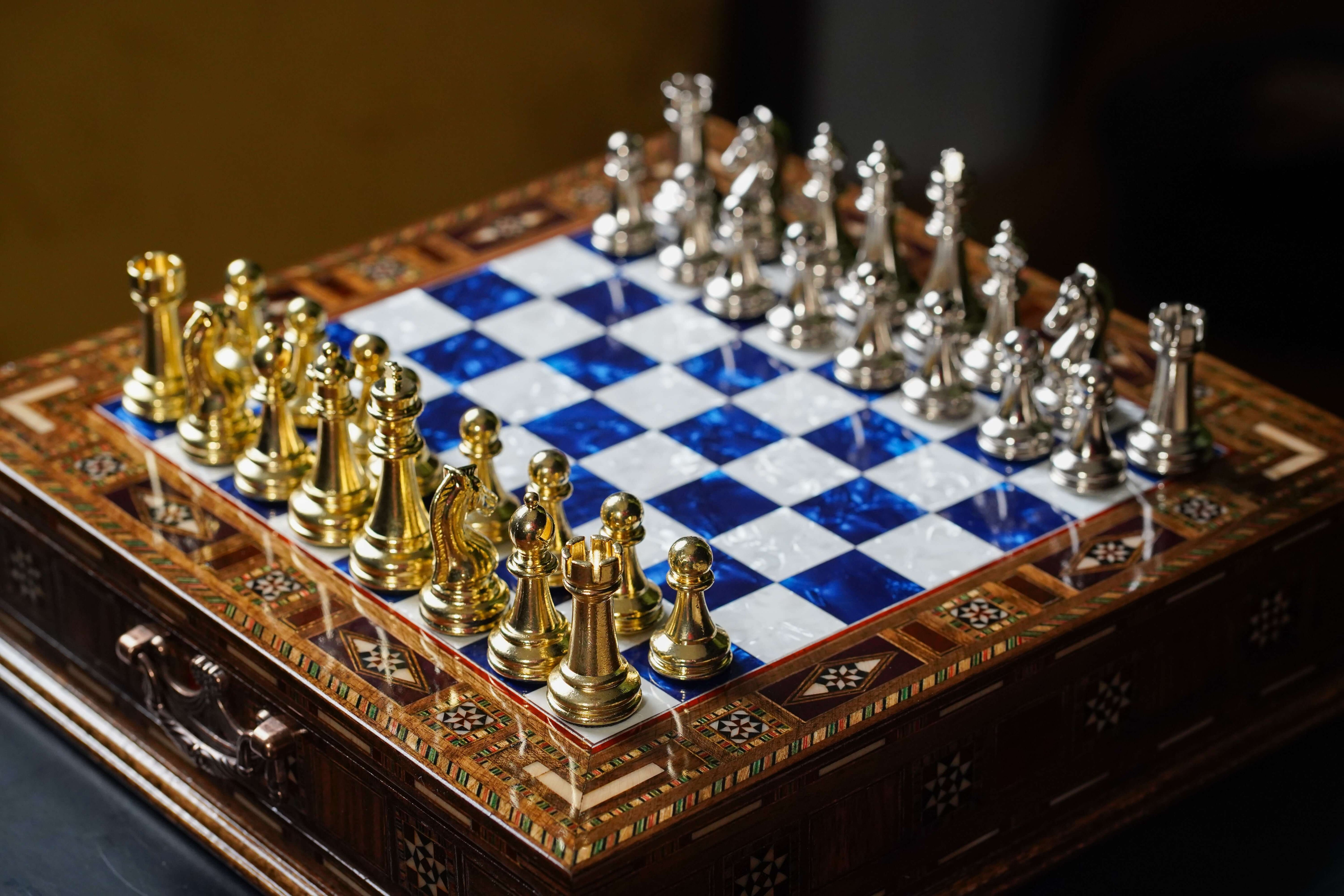
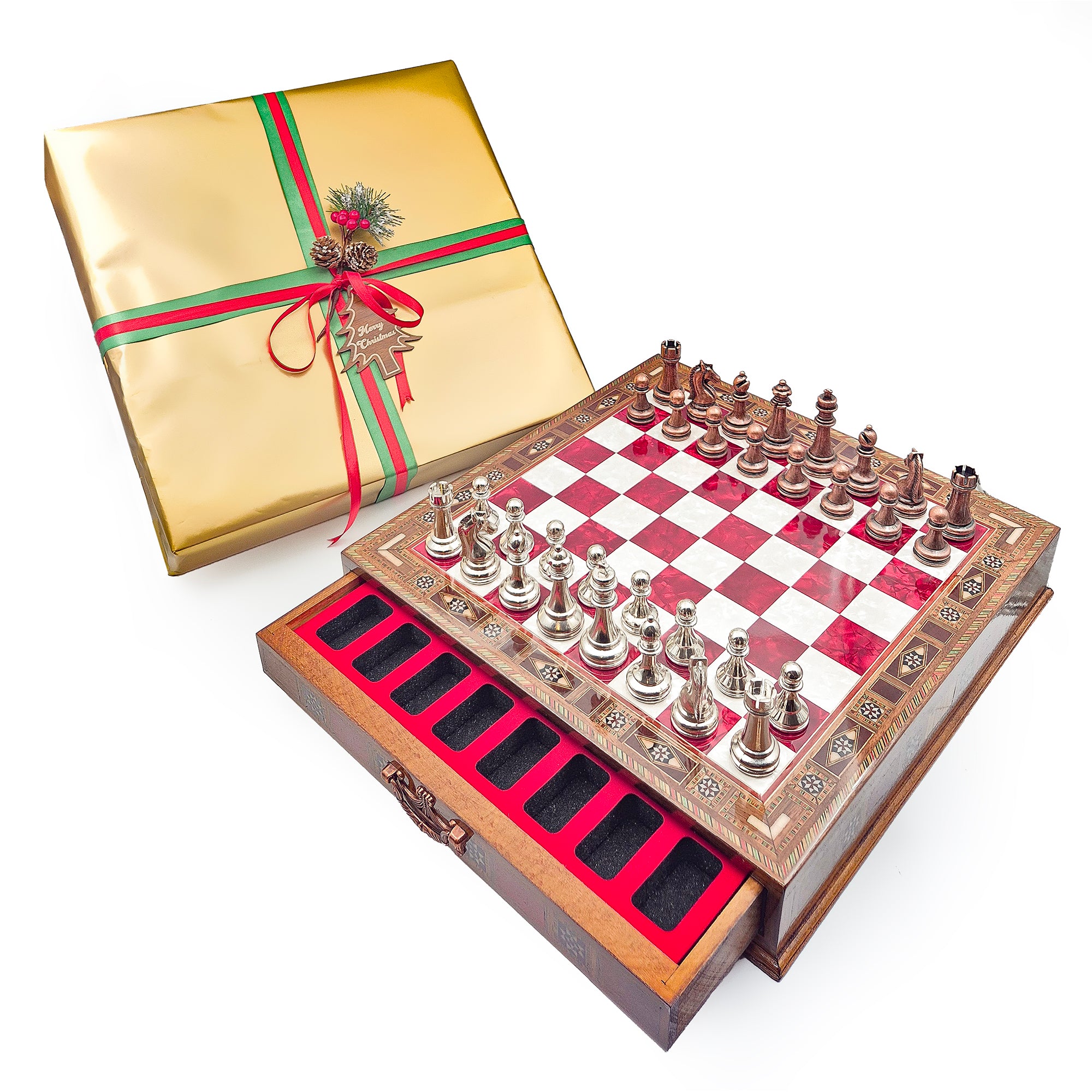
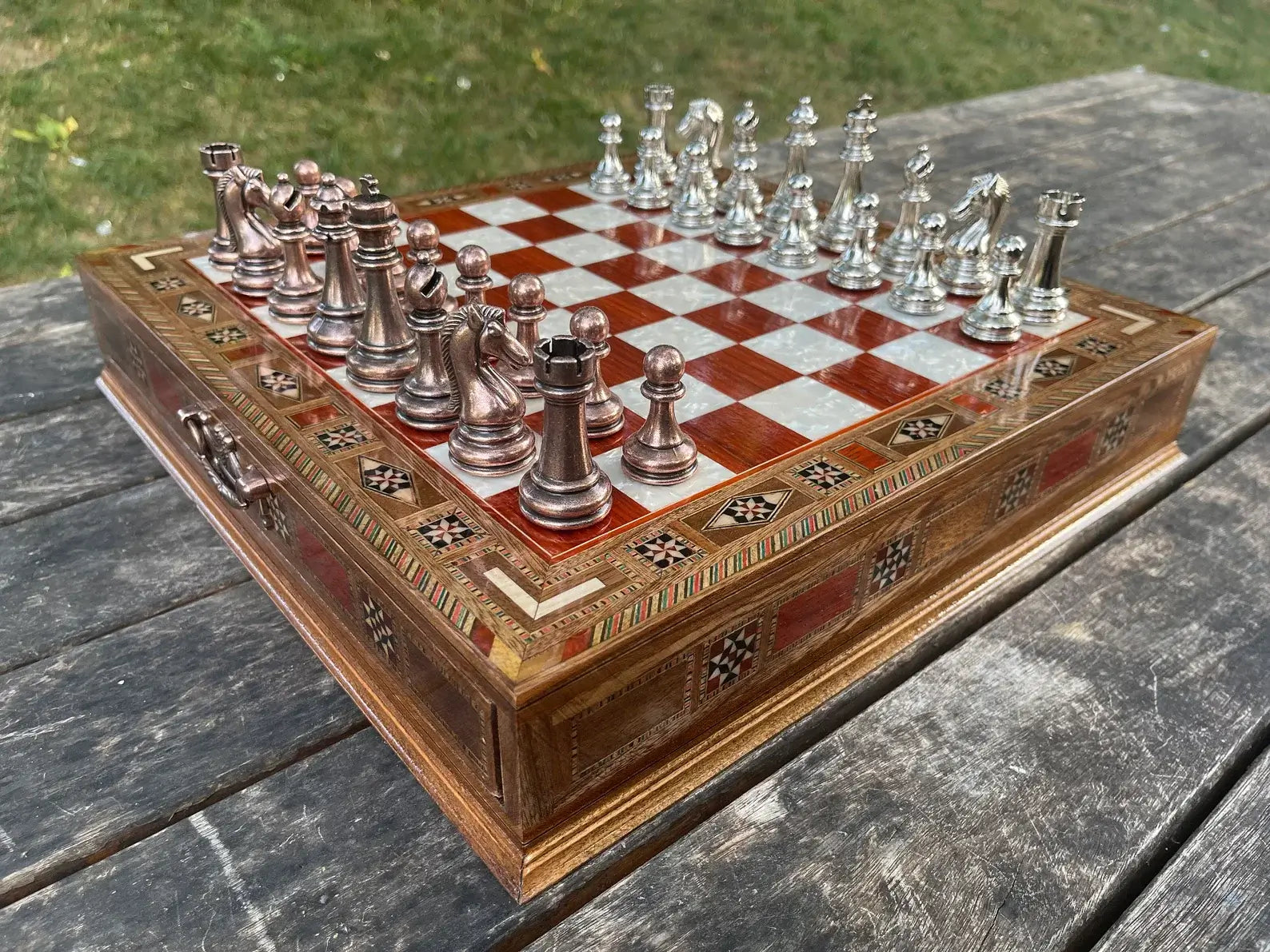
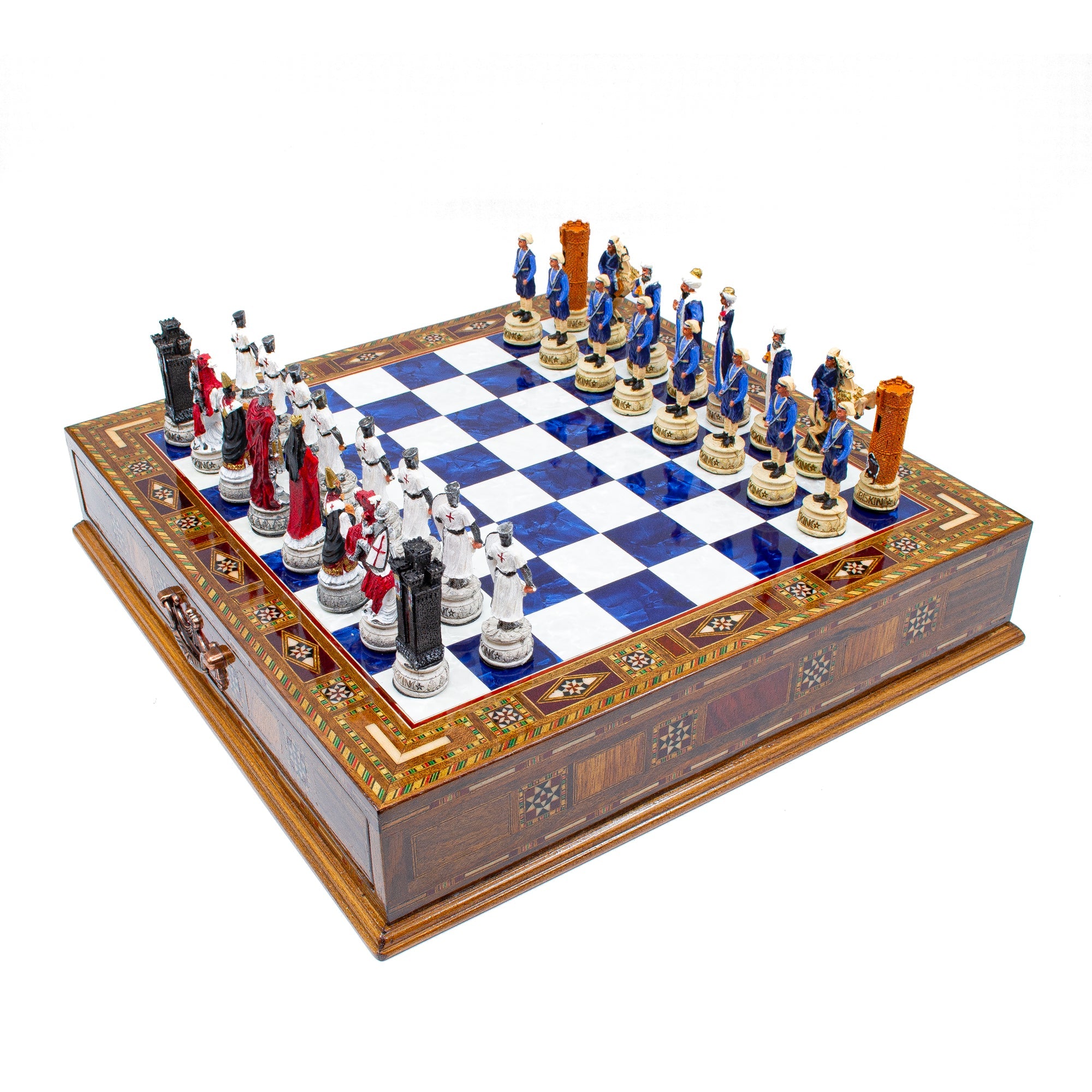
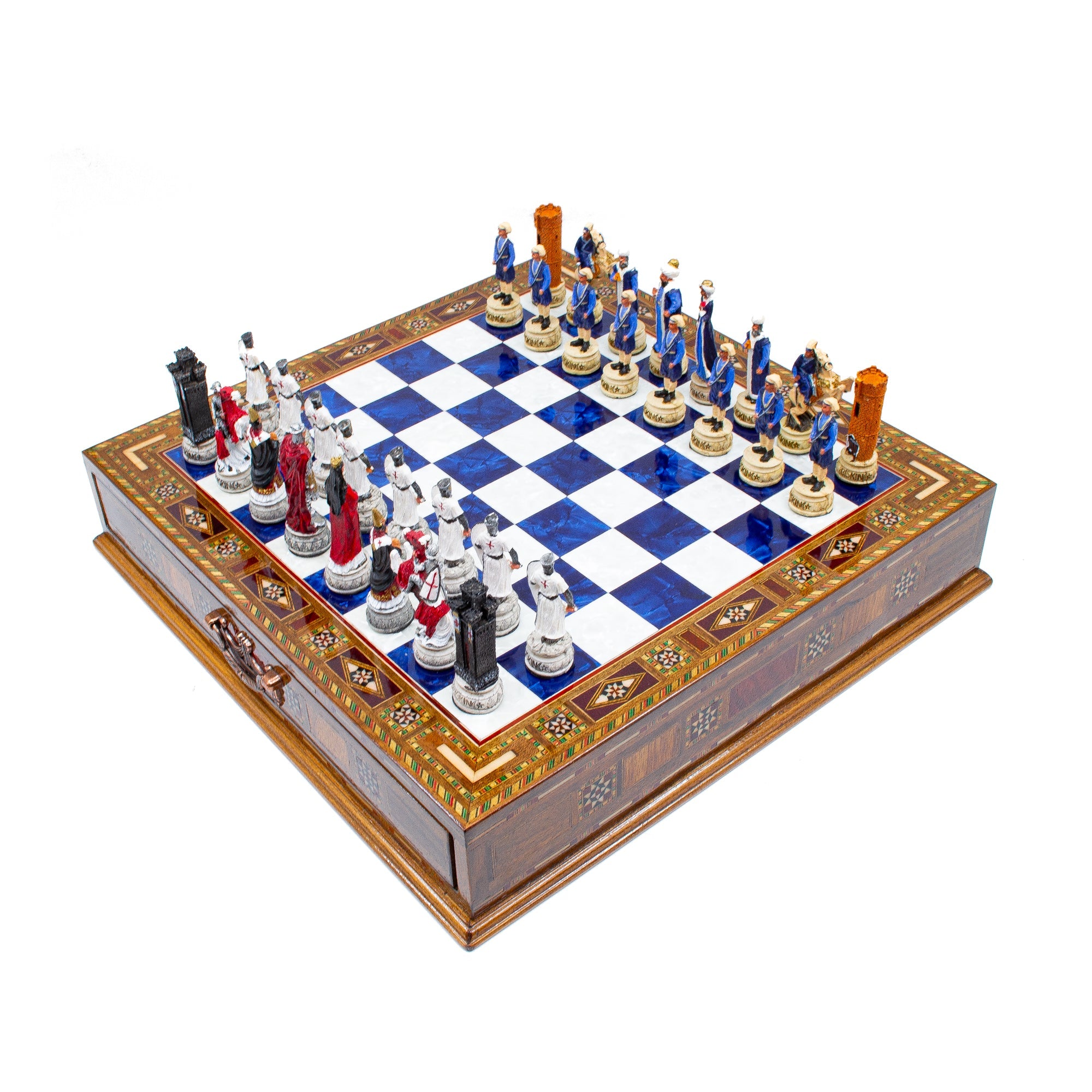
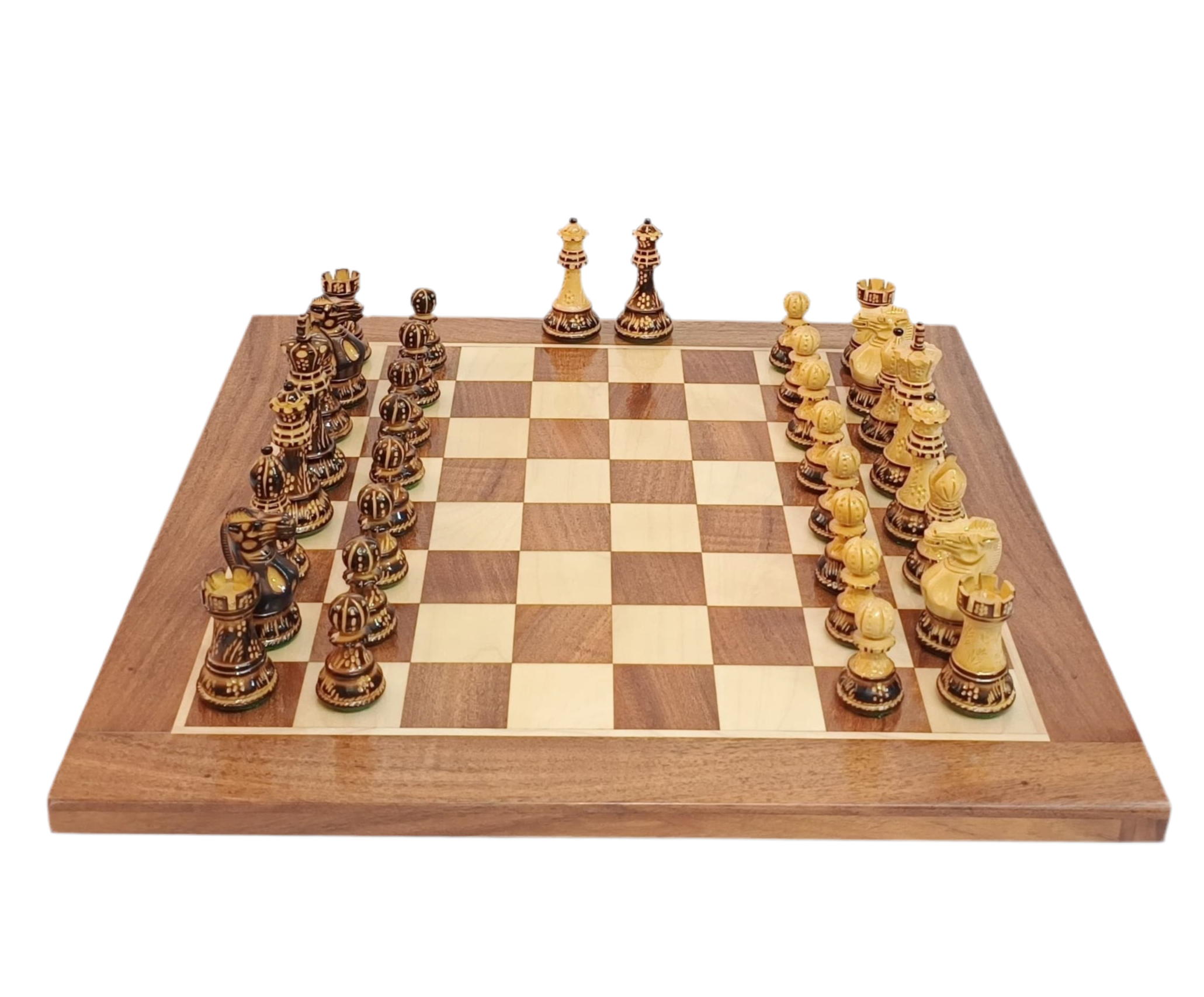
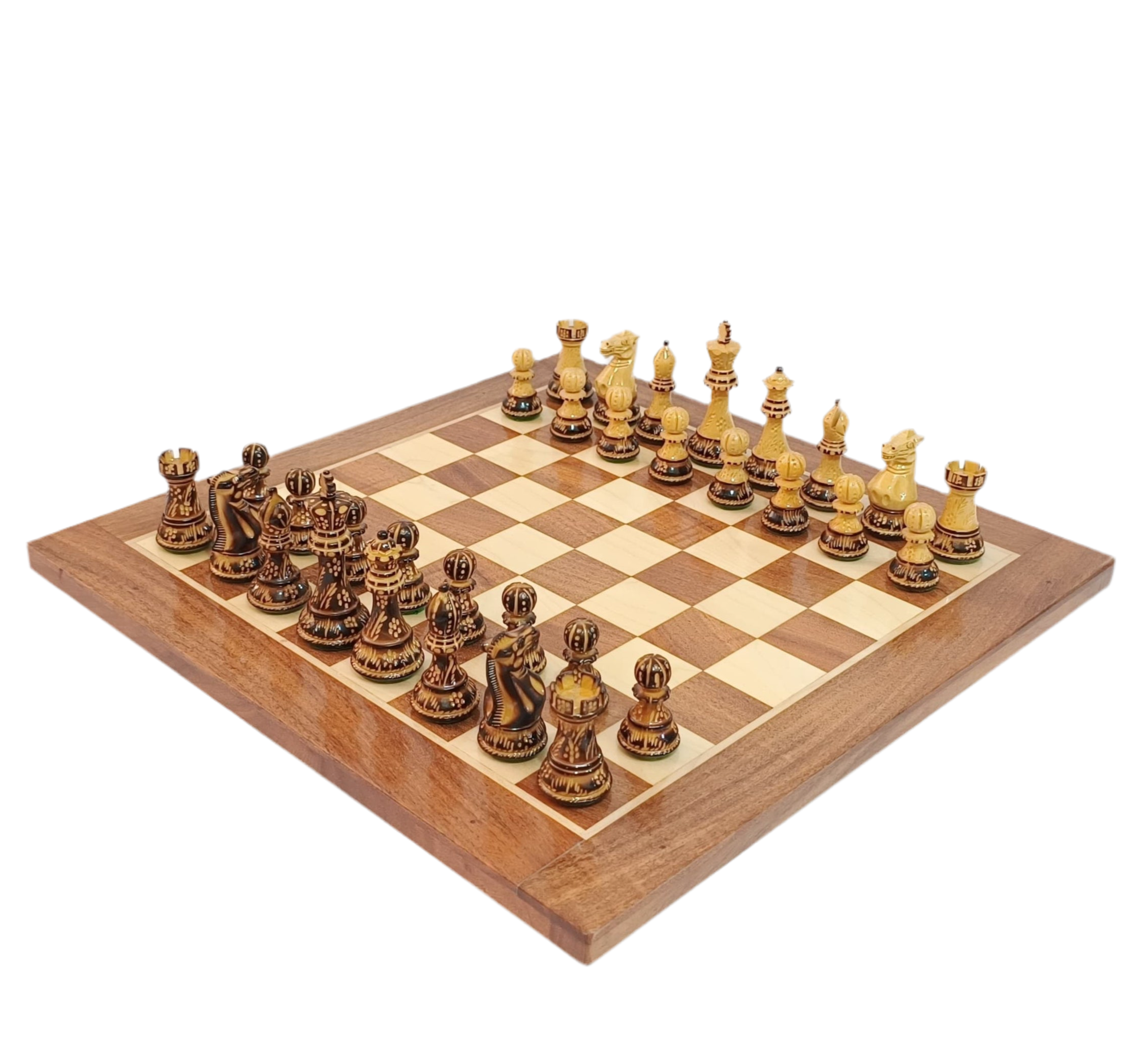
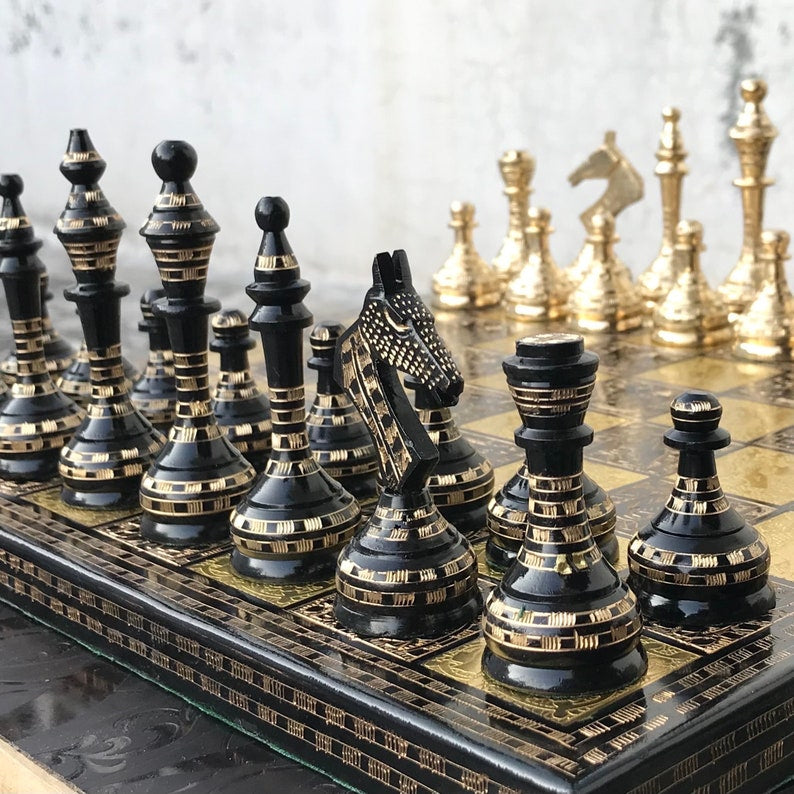
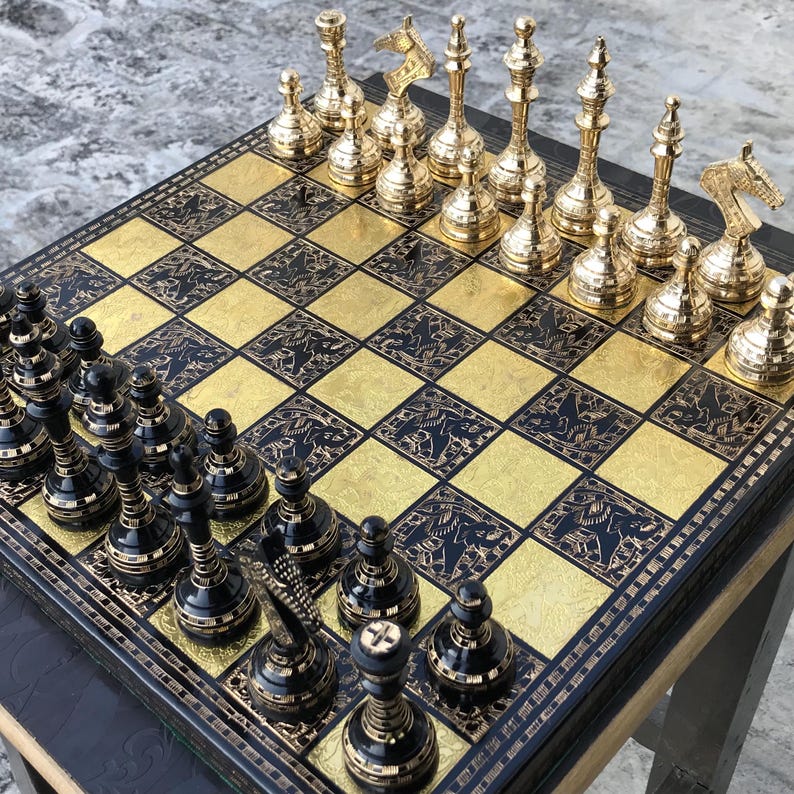
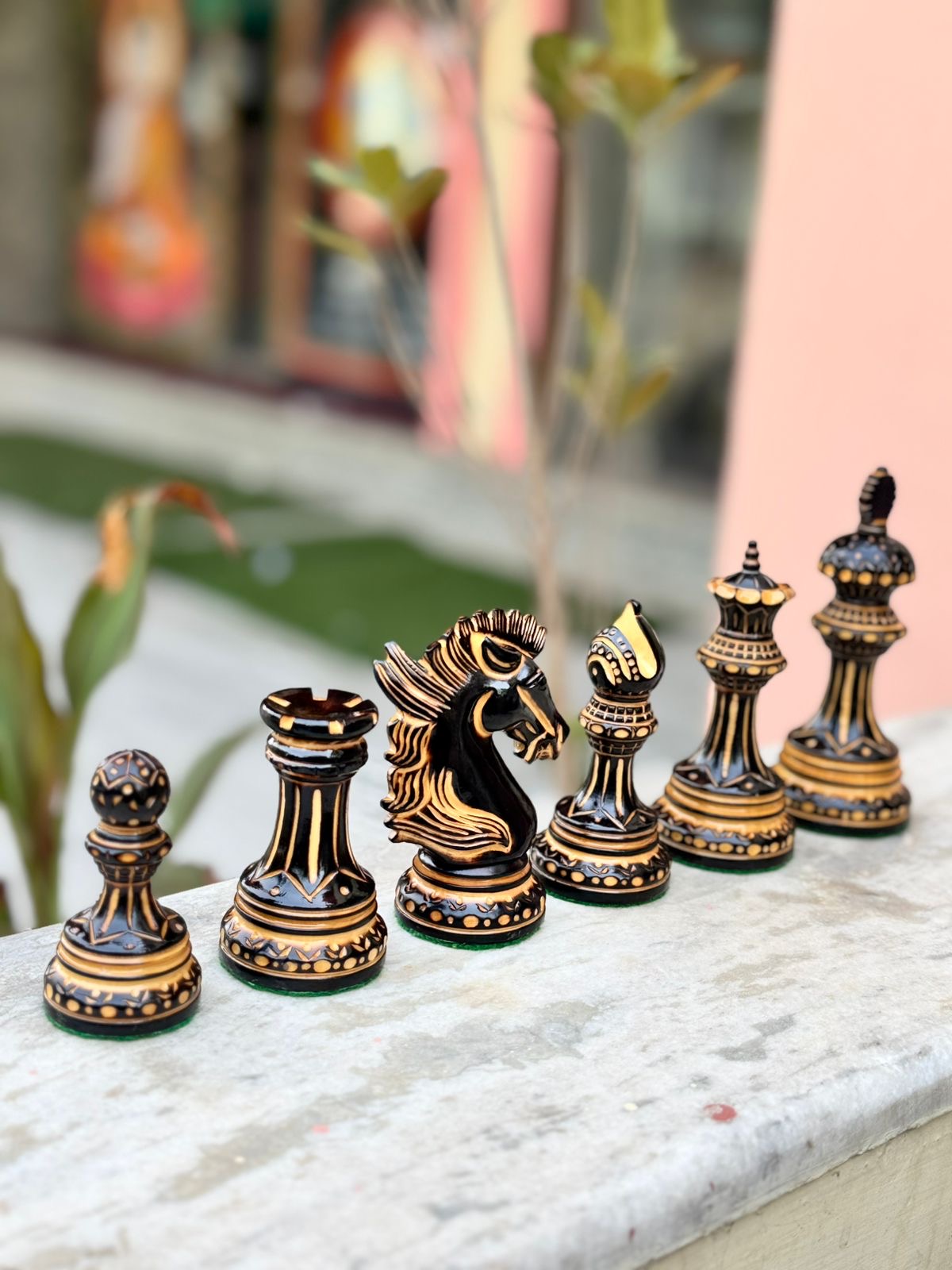

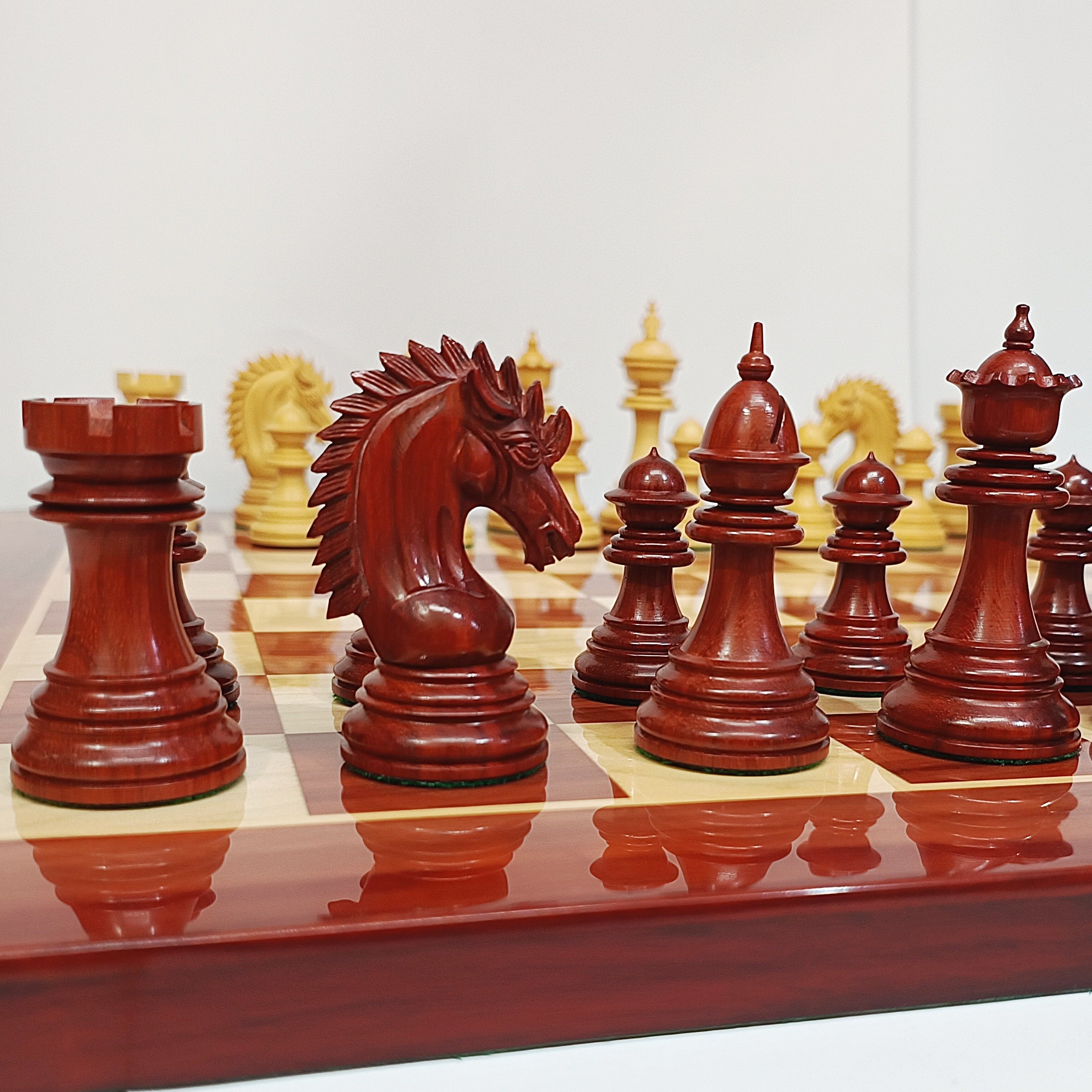
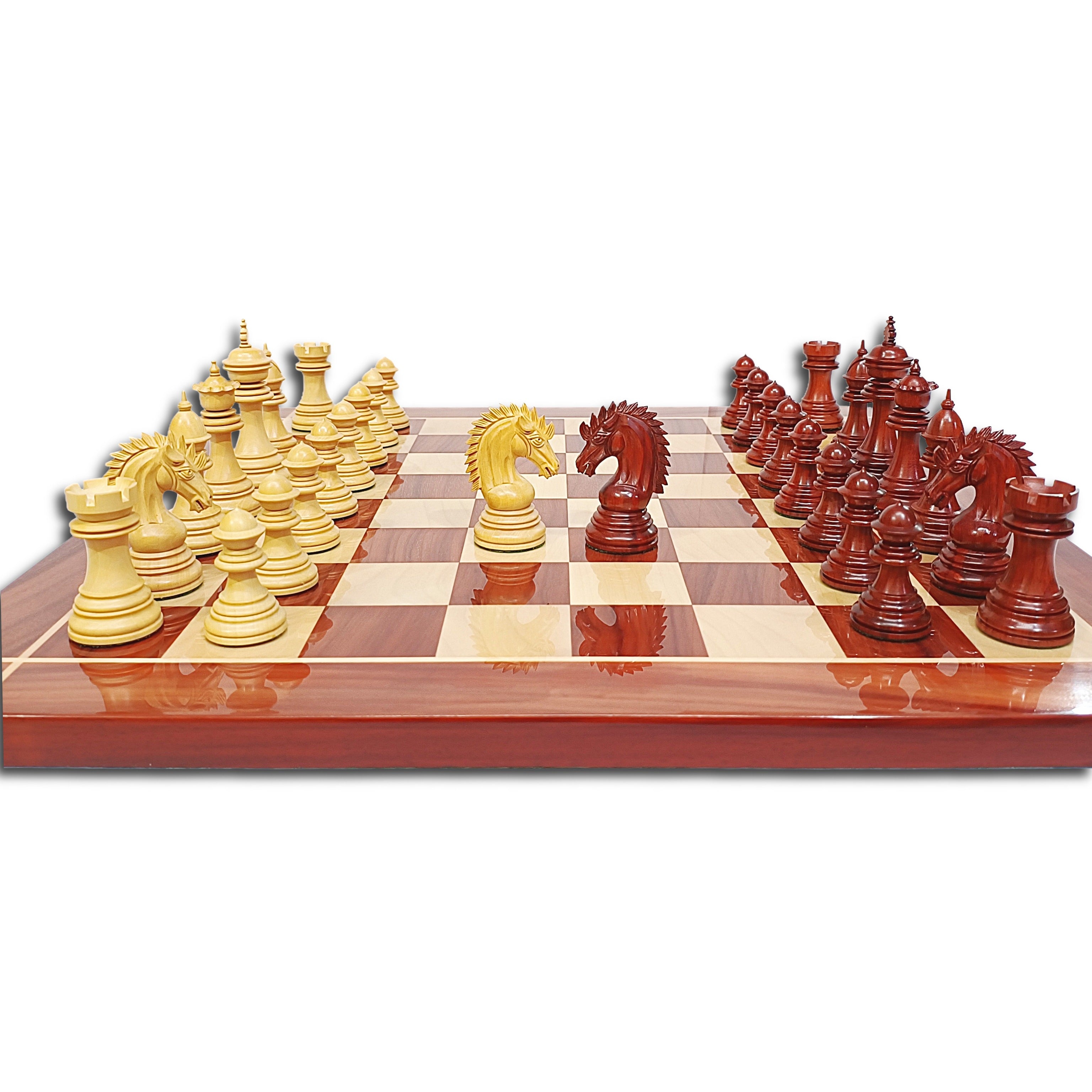
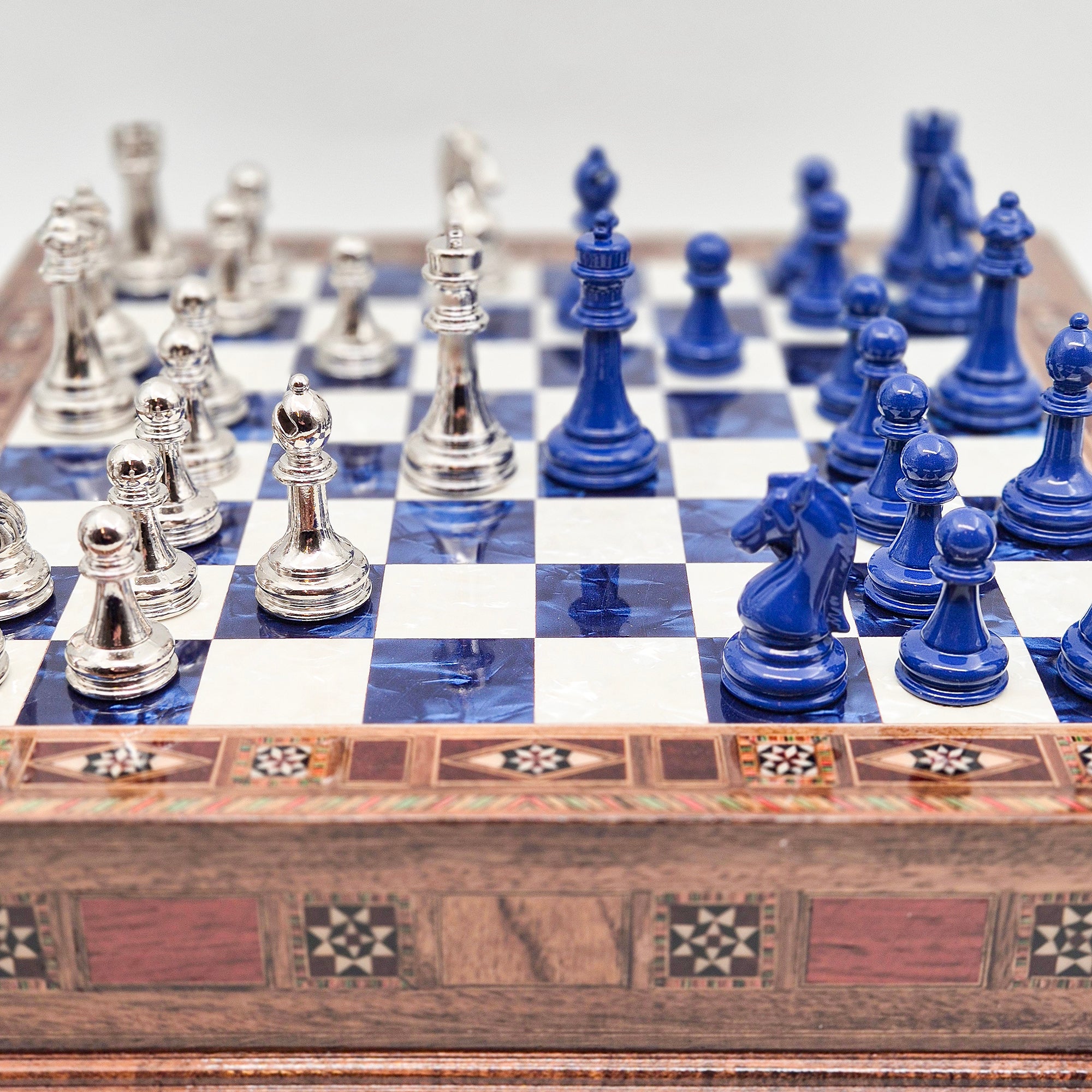
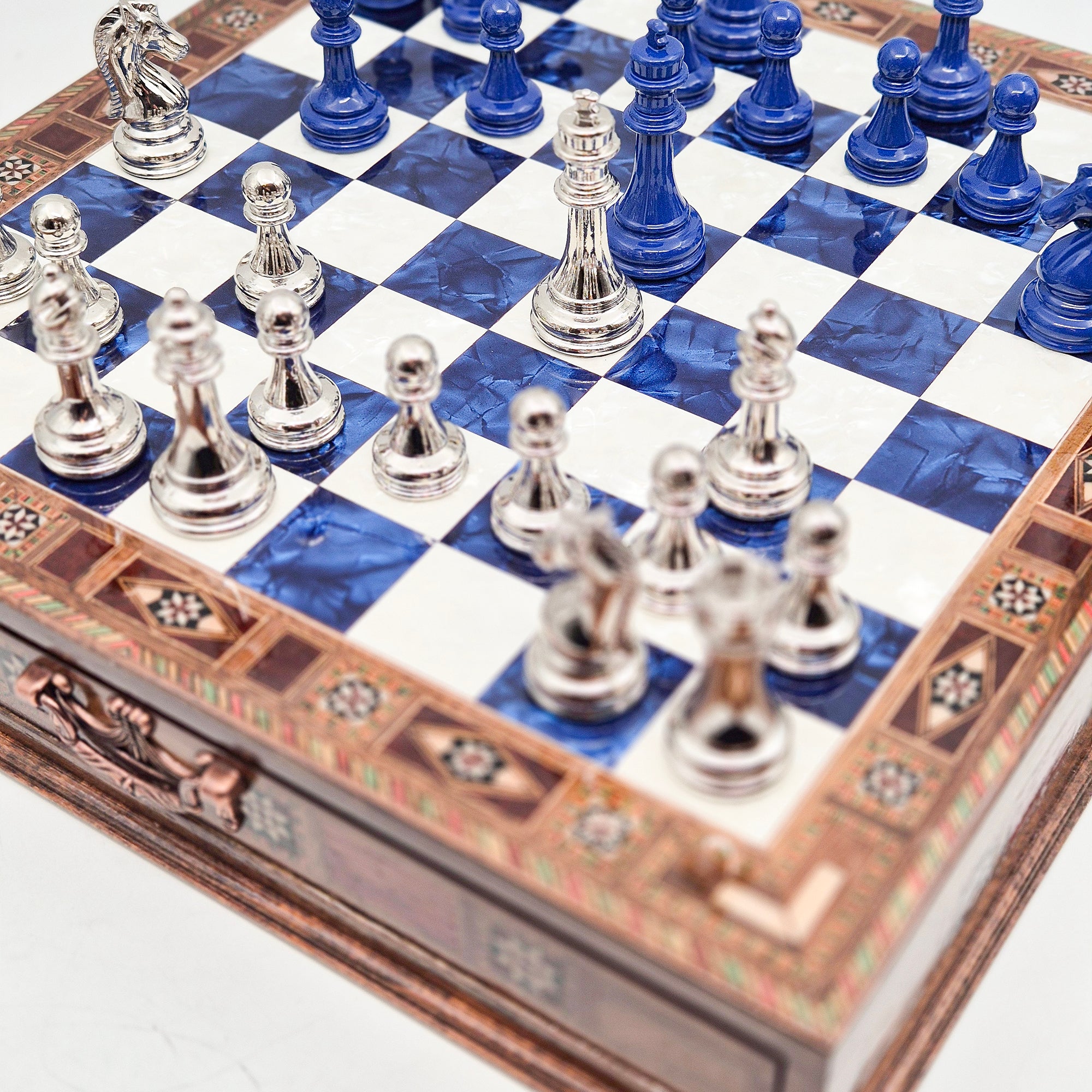
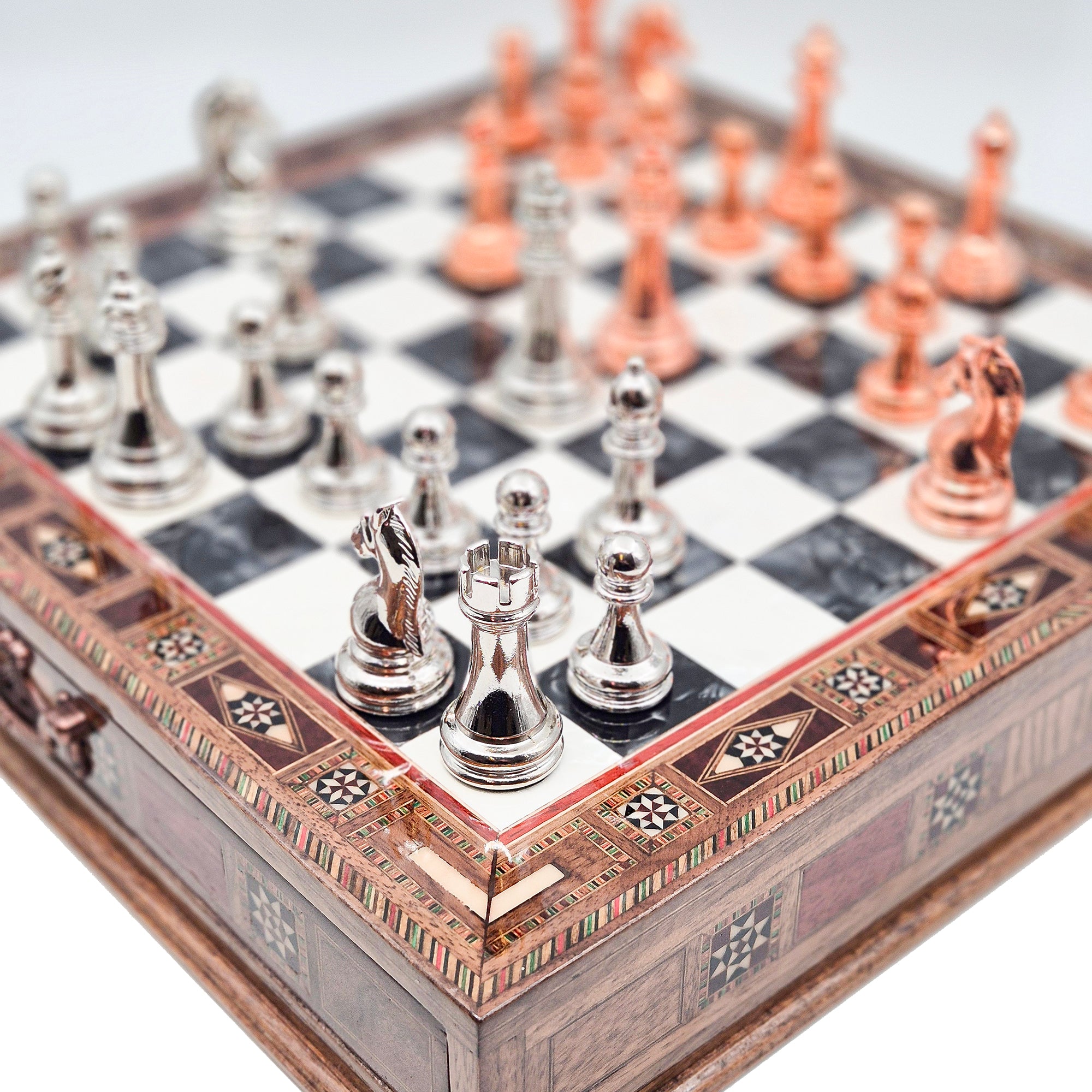
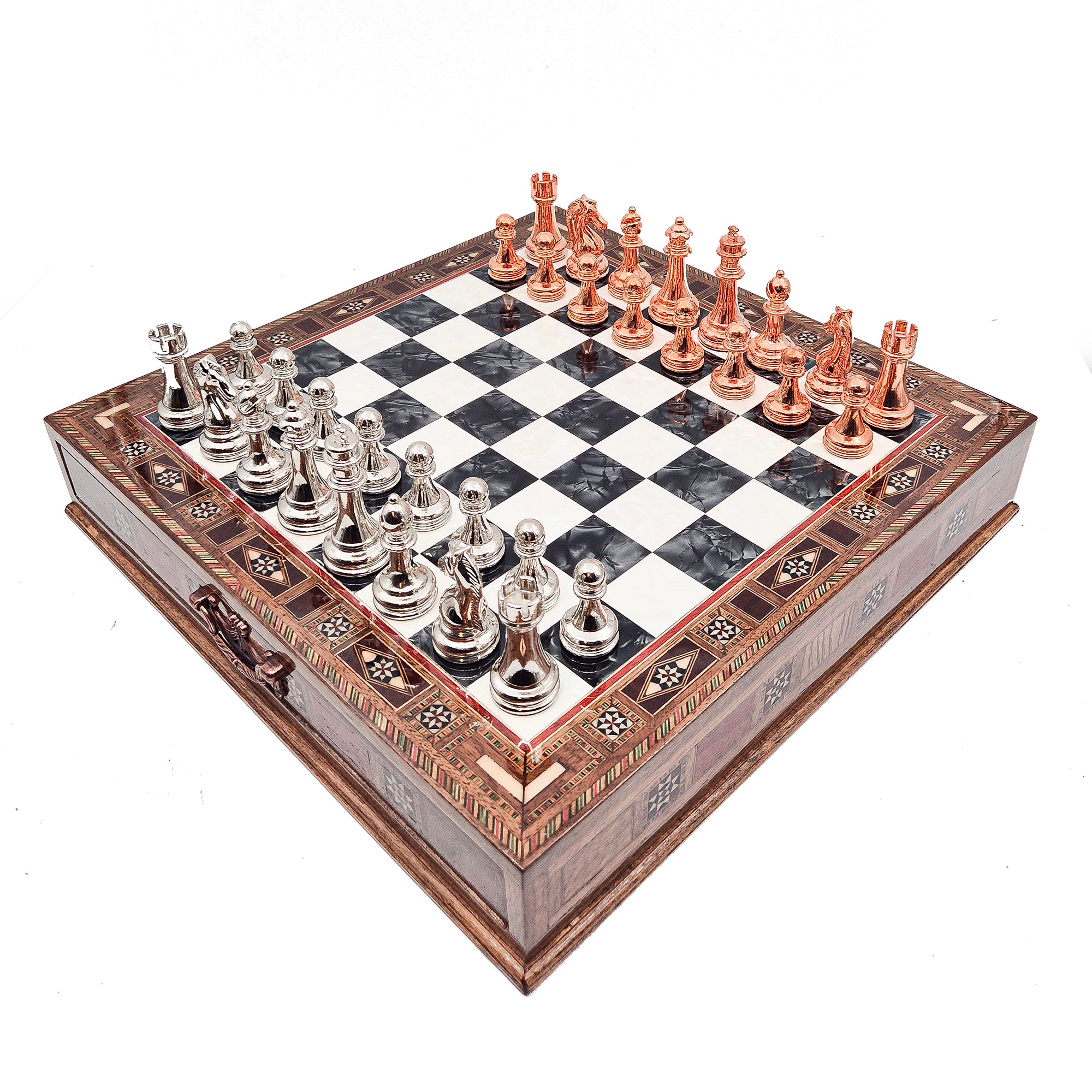
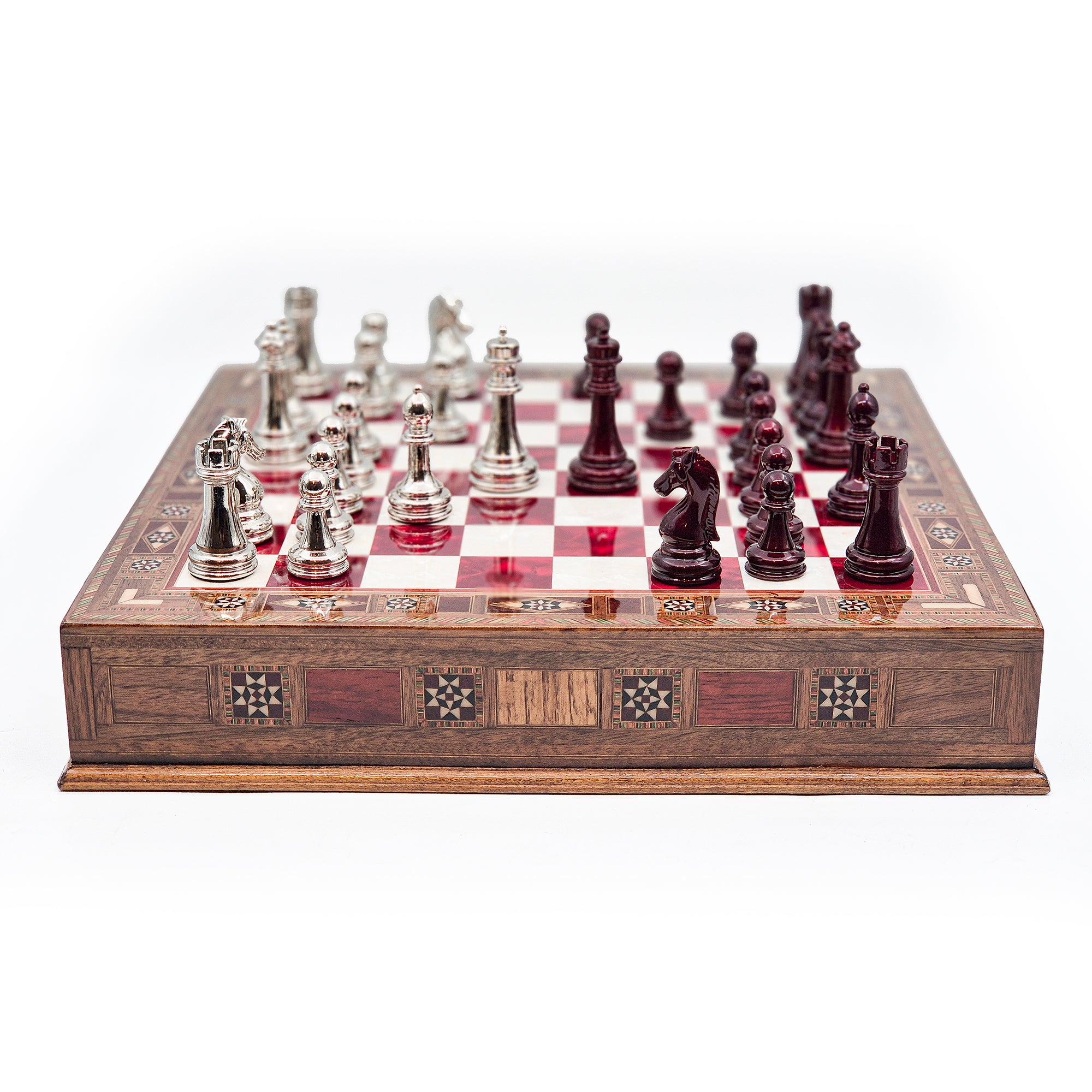
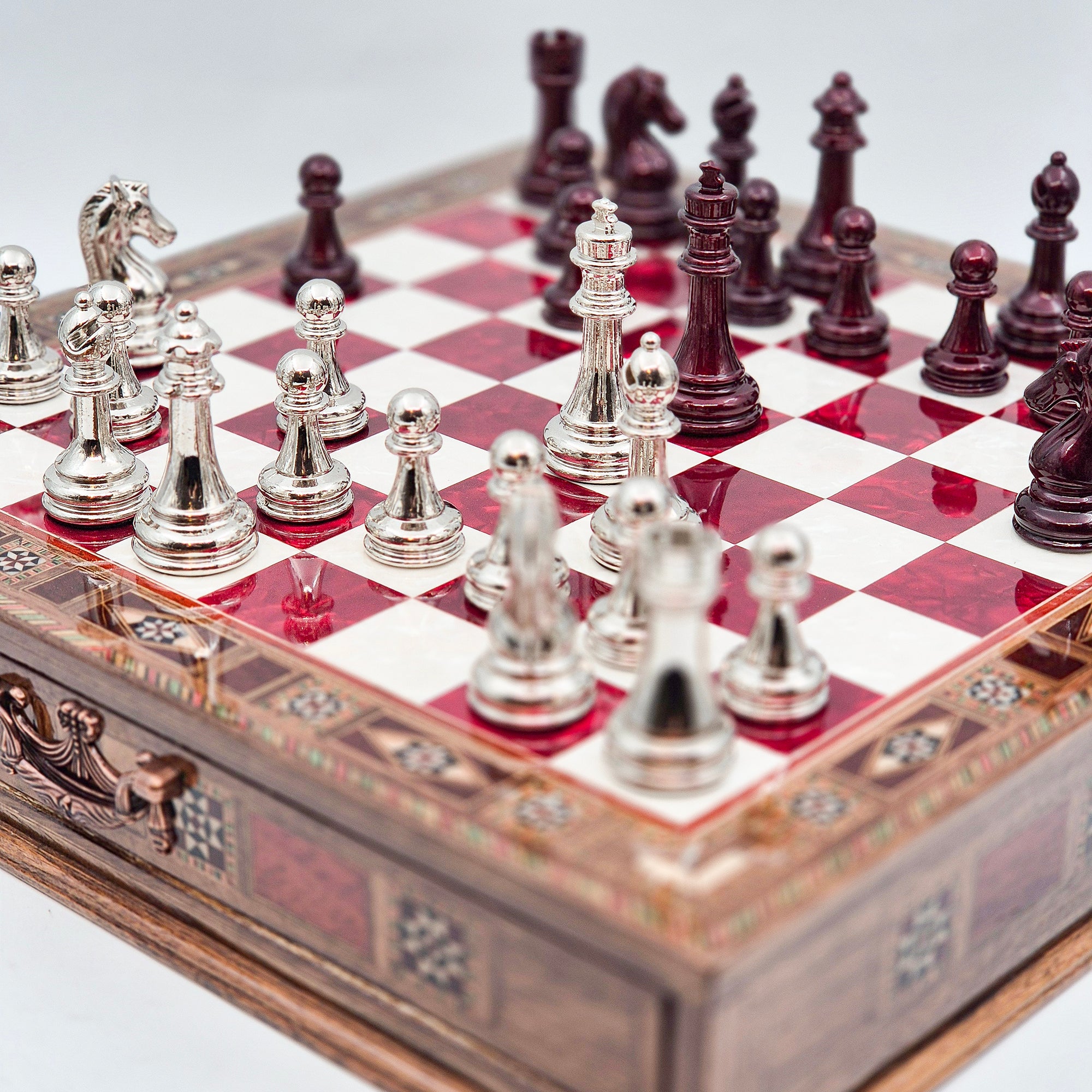
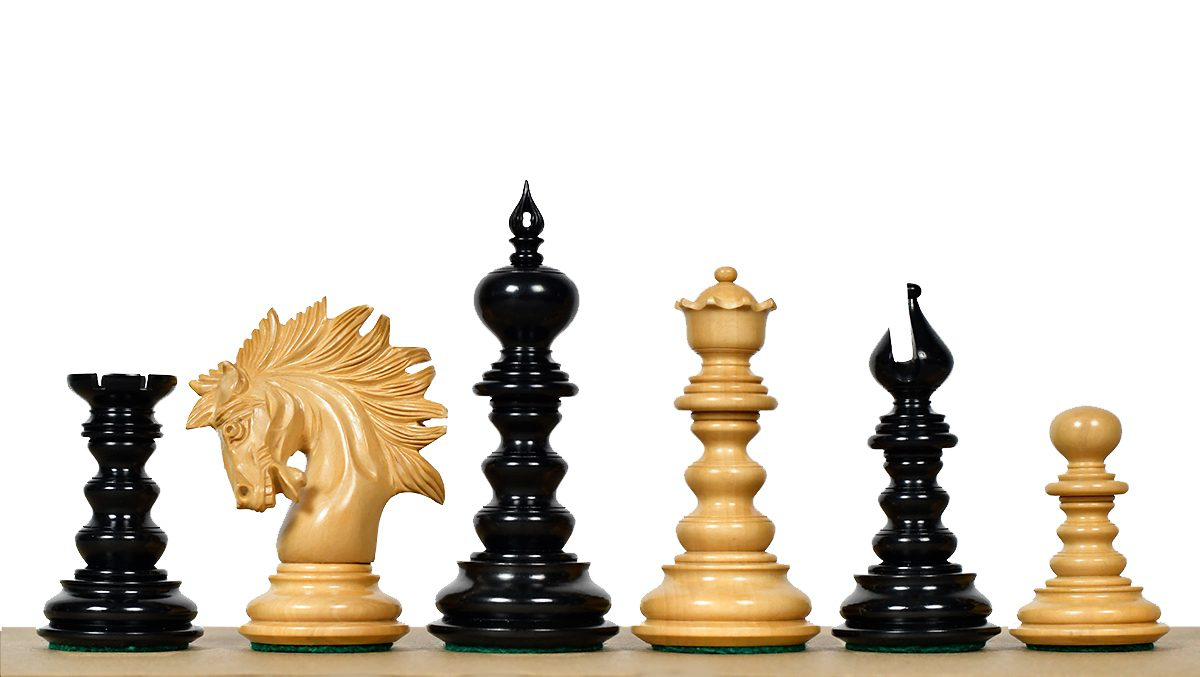
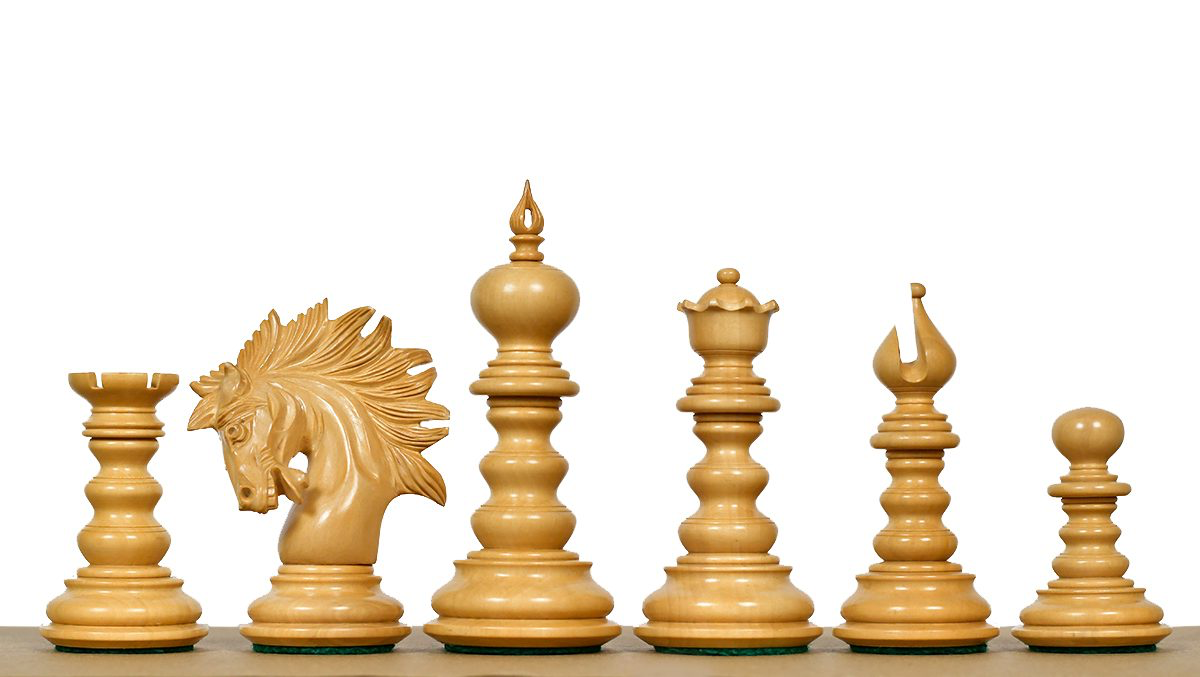
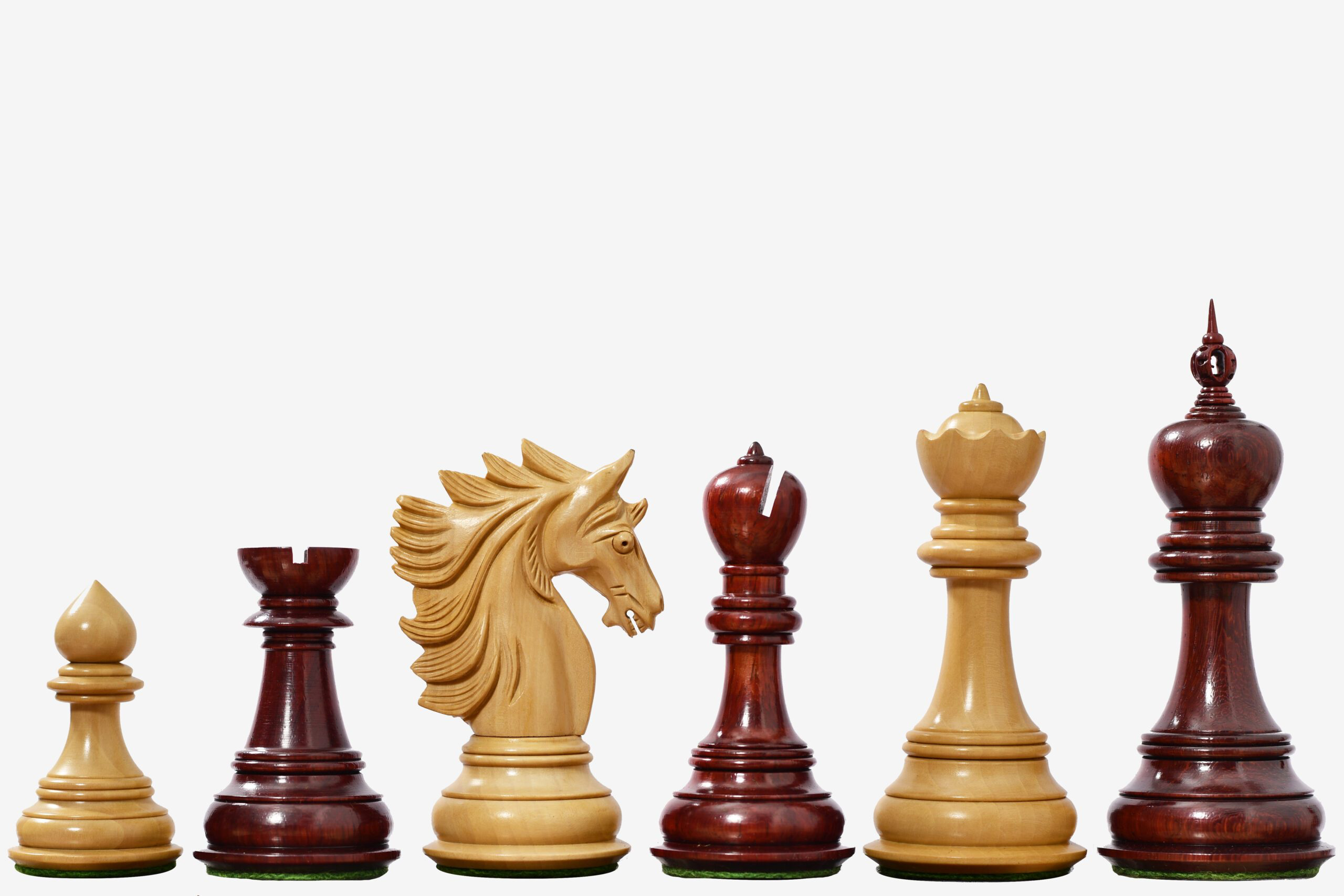
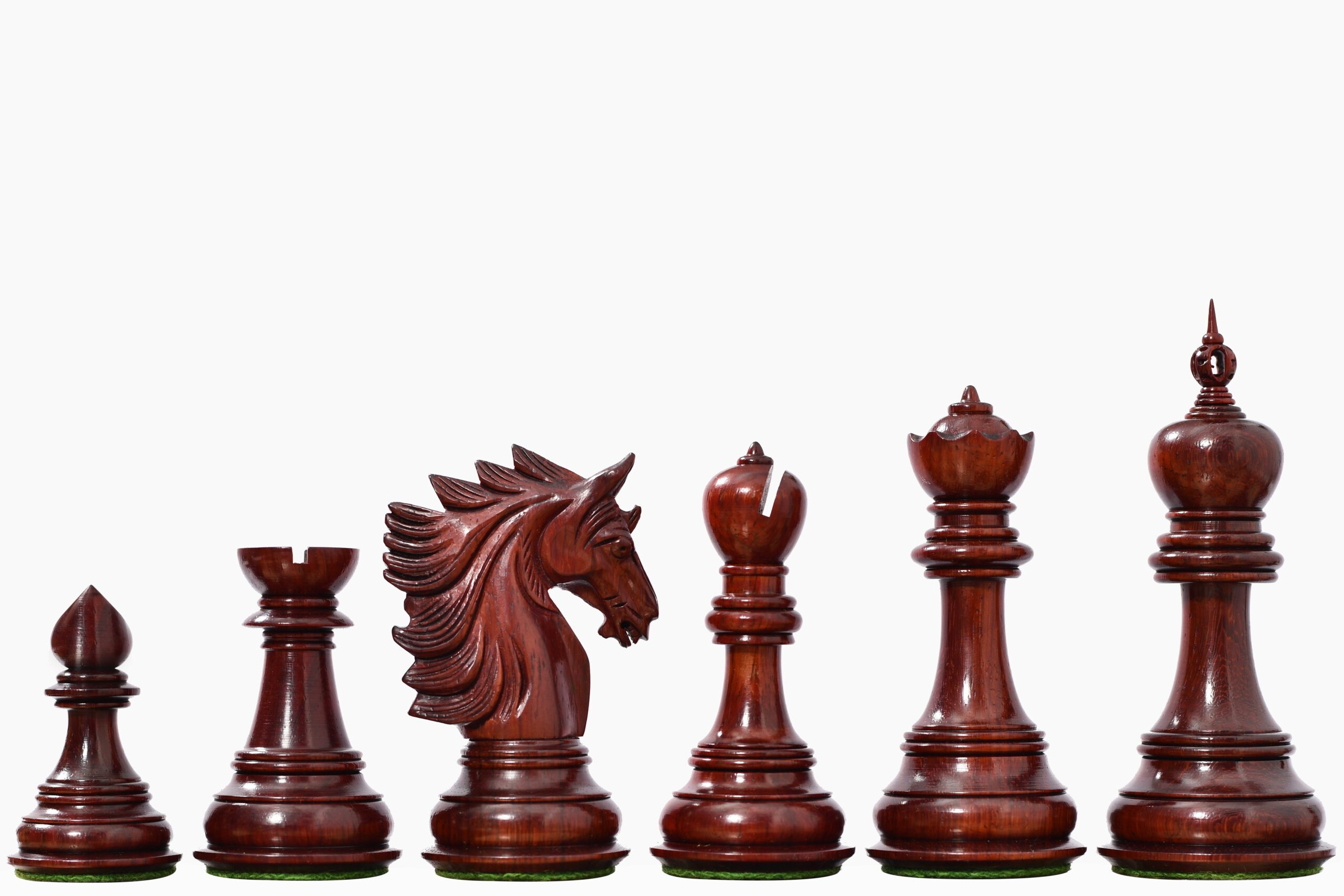
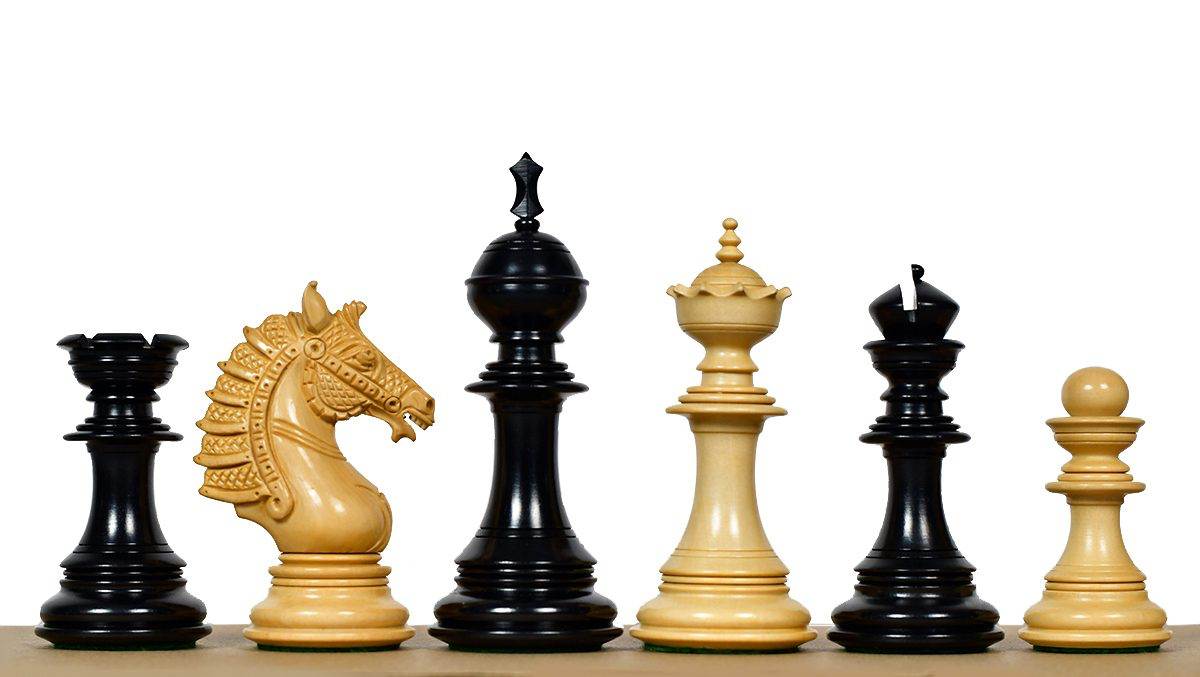
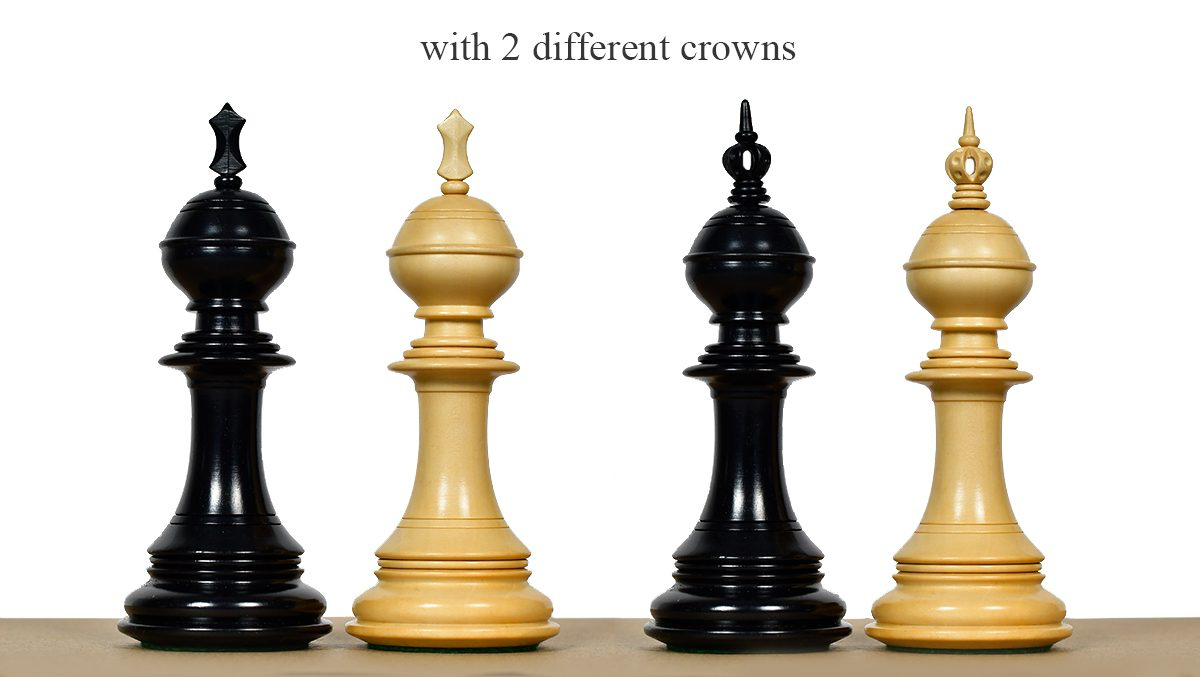
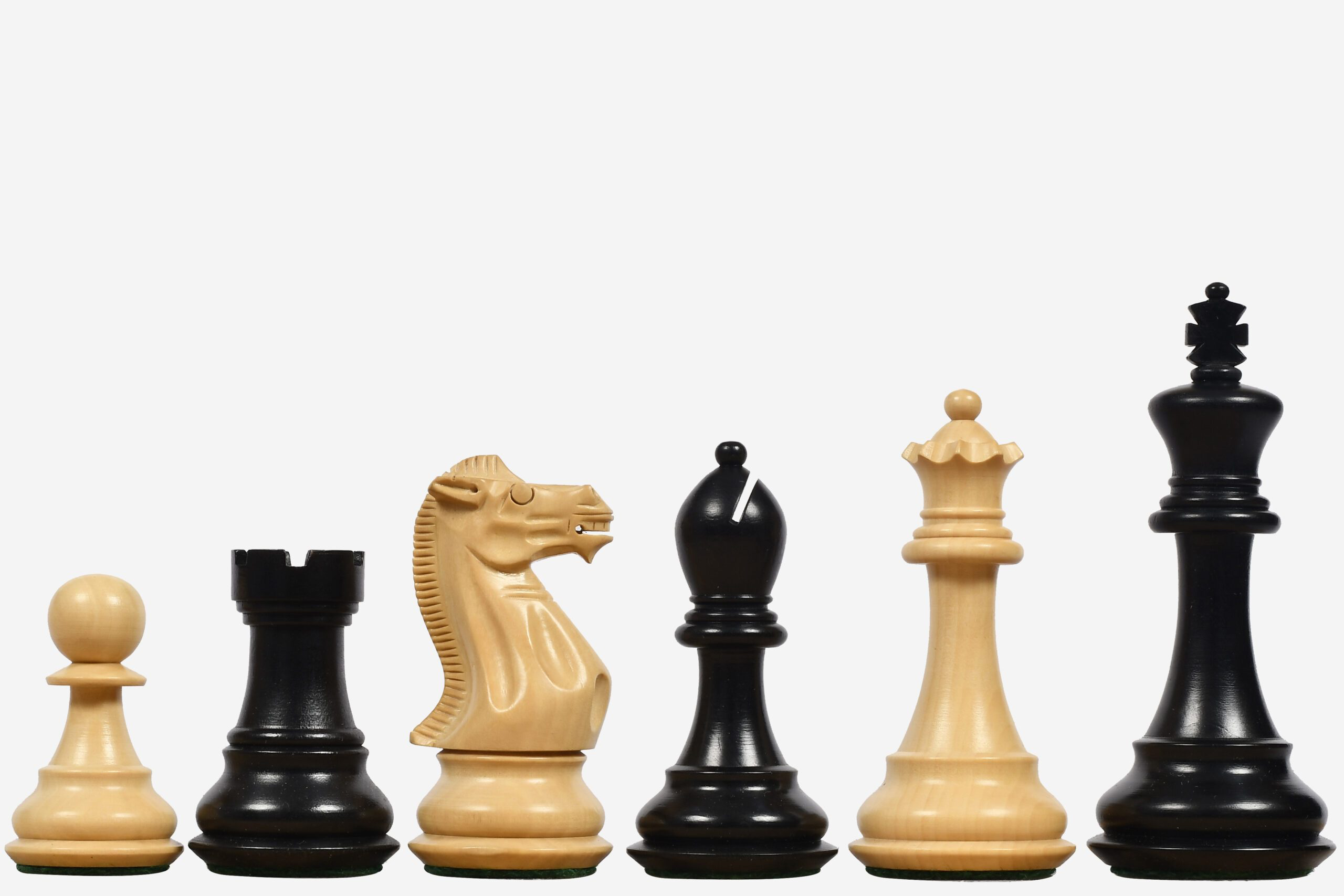
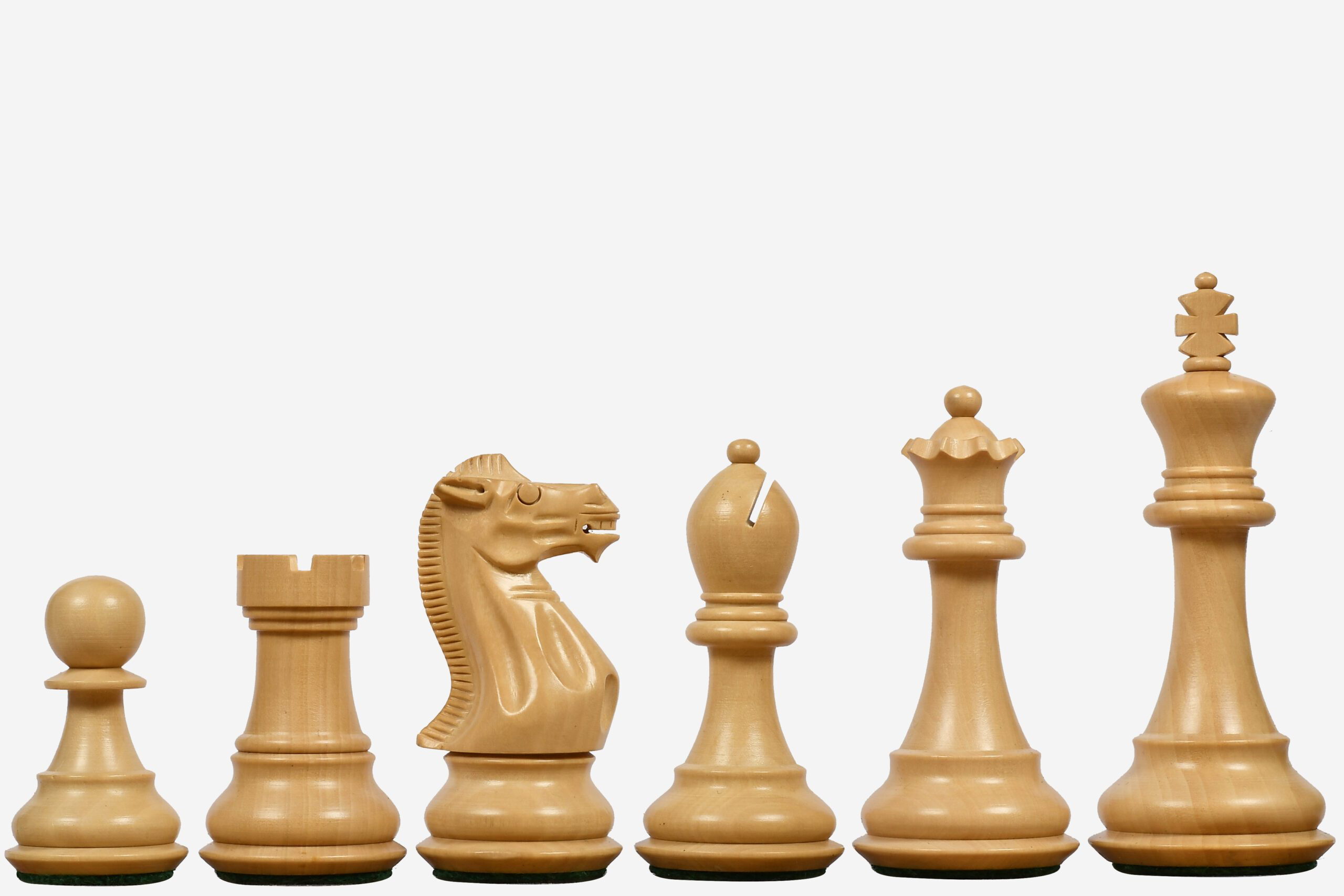
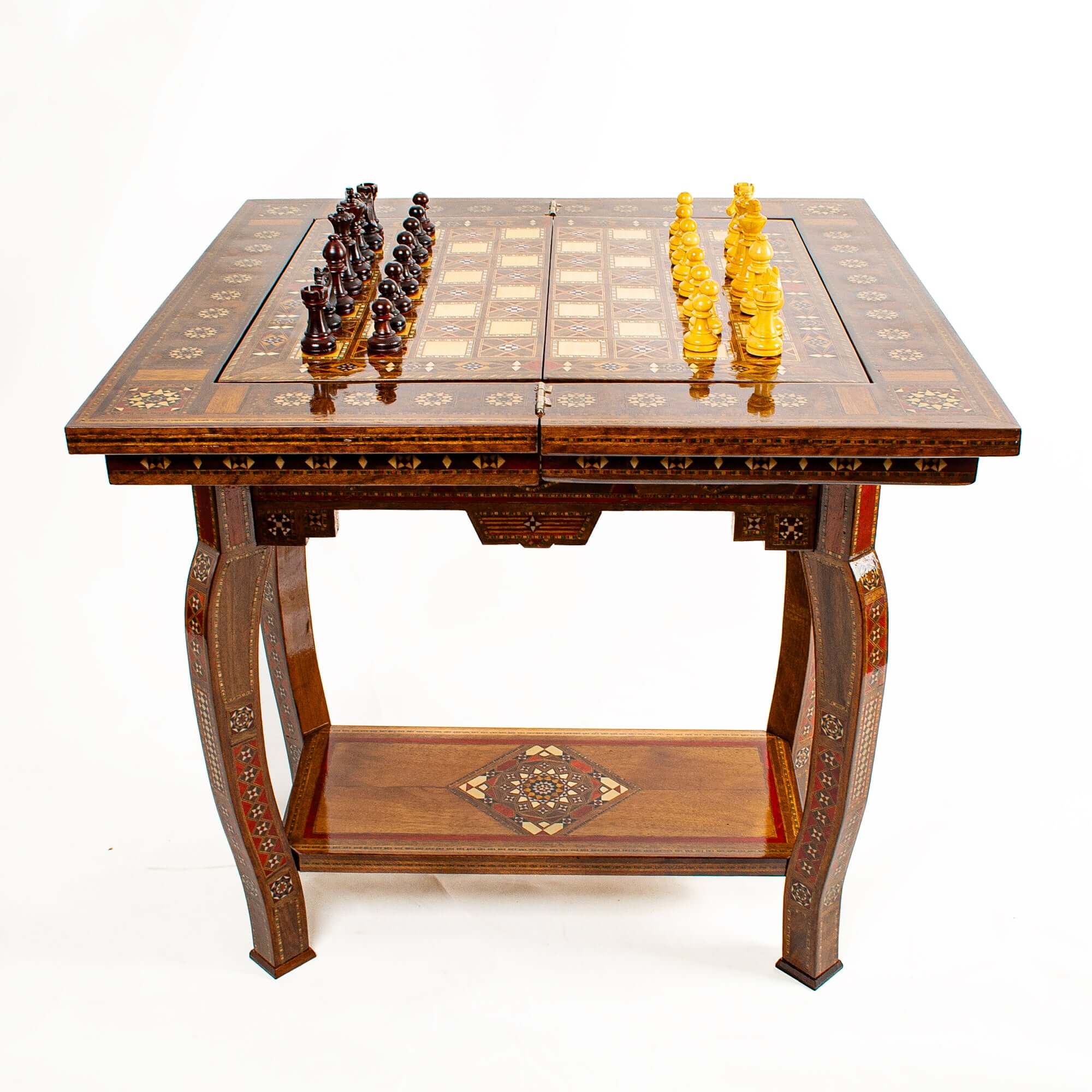

Leave a comment
All comments are moderated before being published.
This site is protected by hCaptcha and the hCaptcha Privacy Policy and Terms of Service apply.